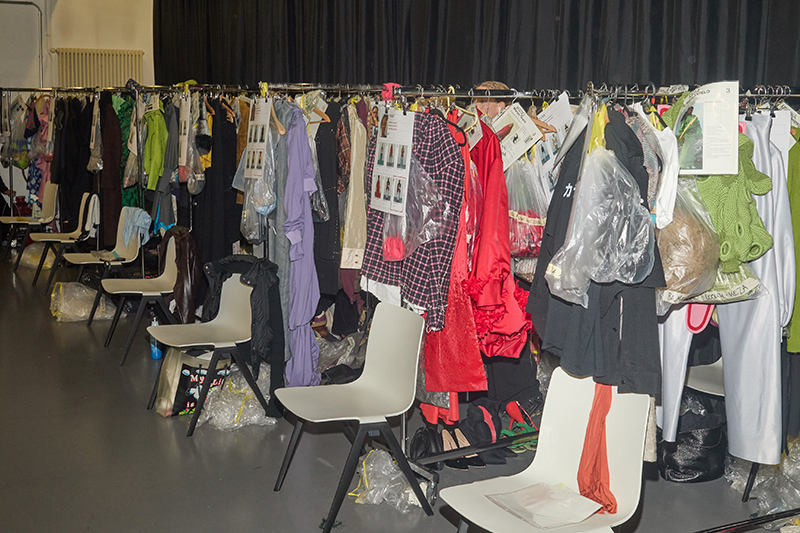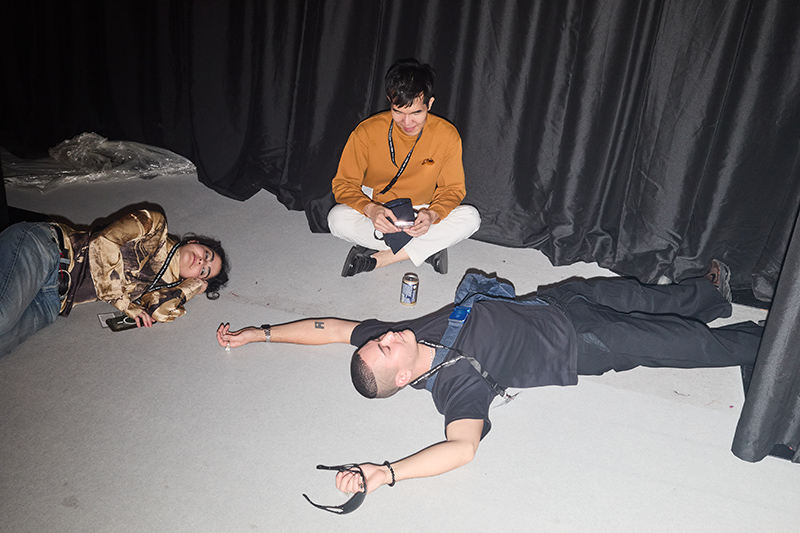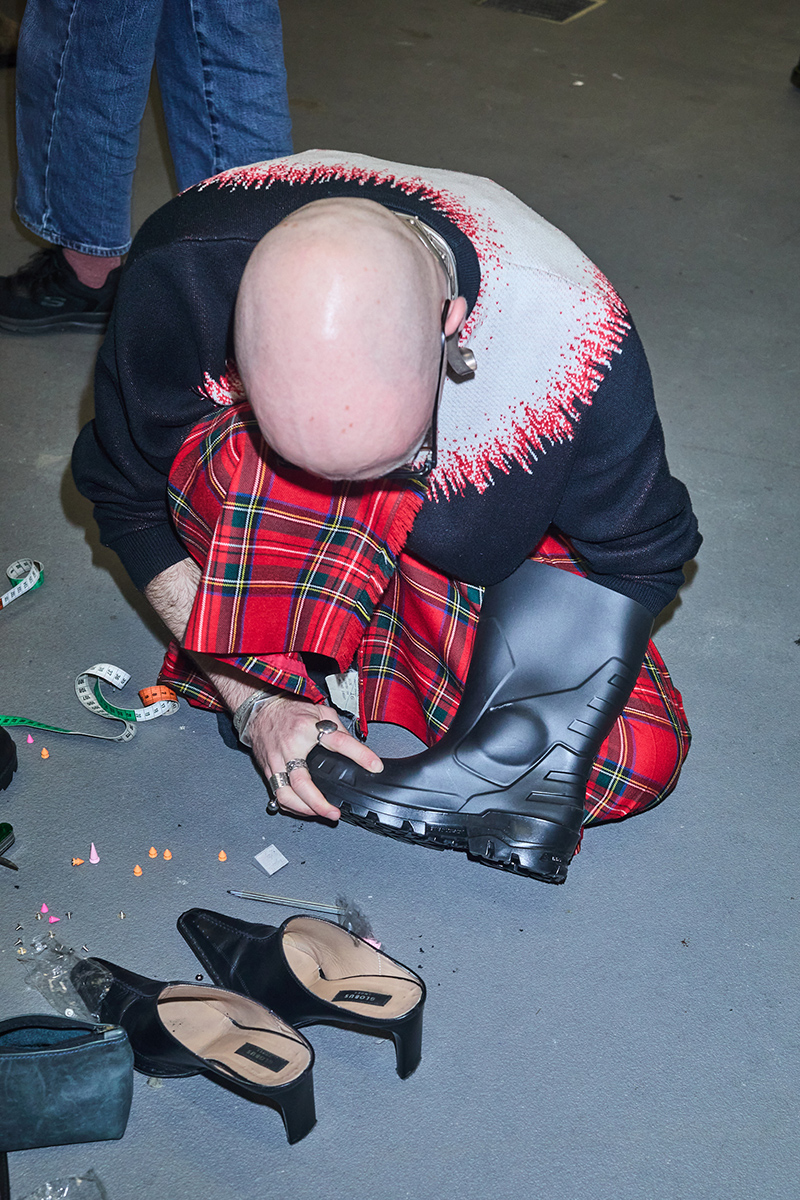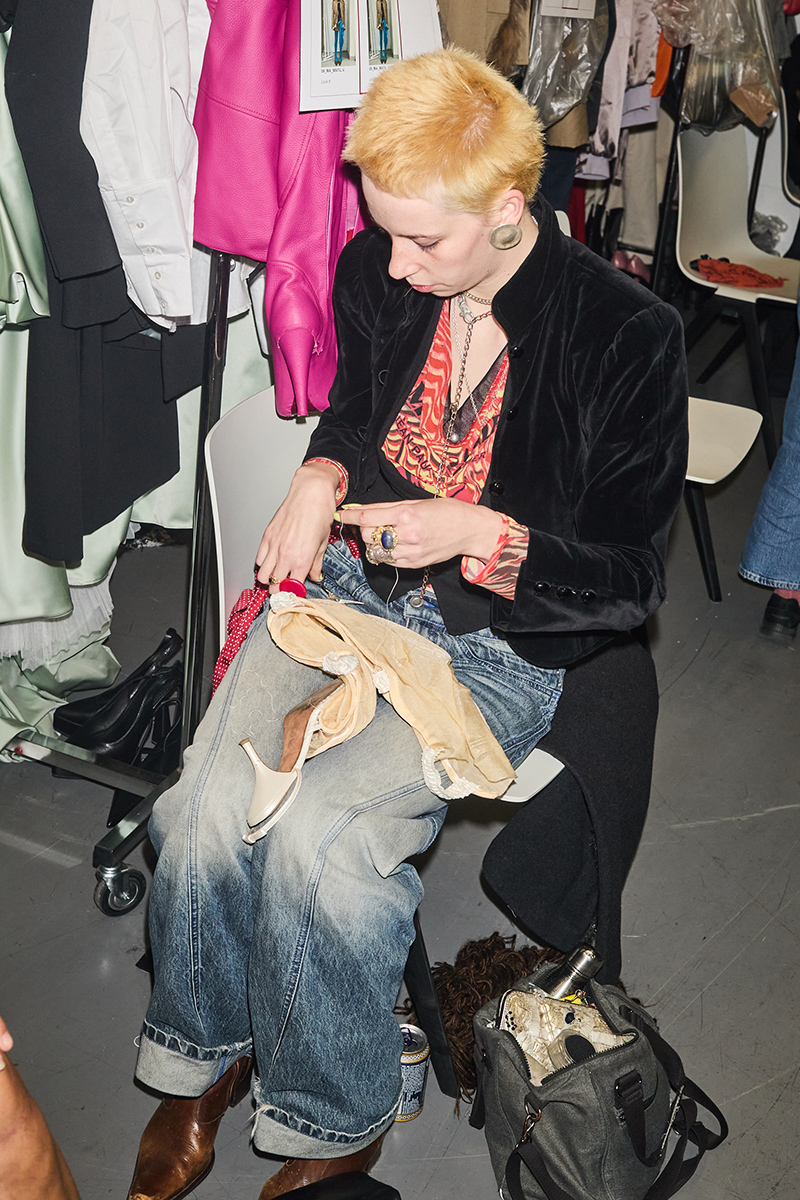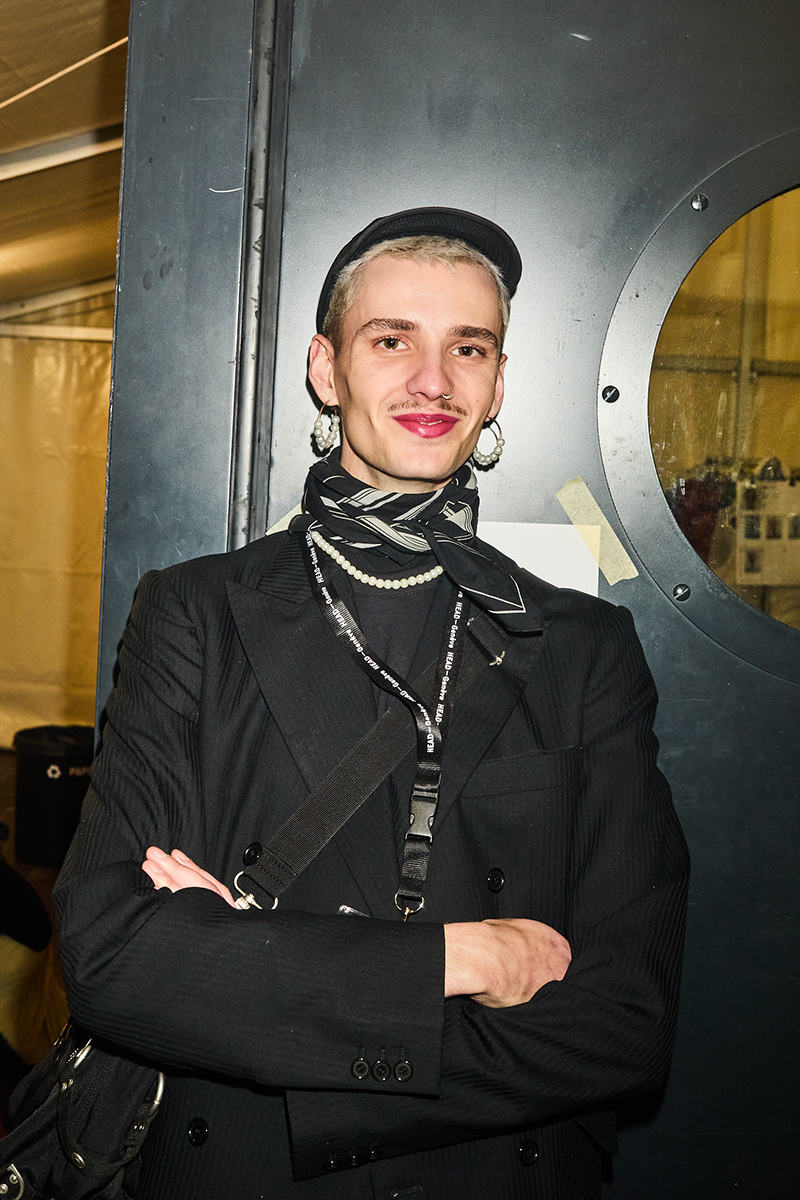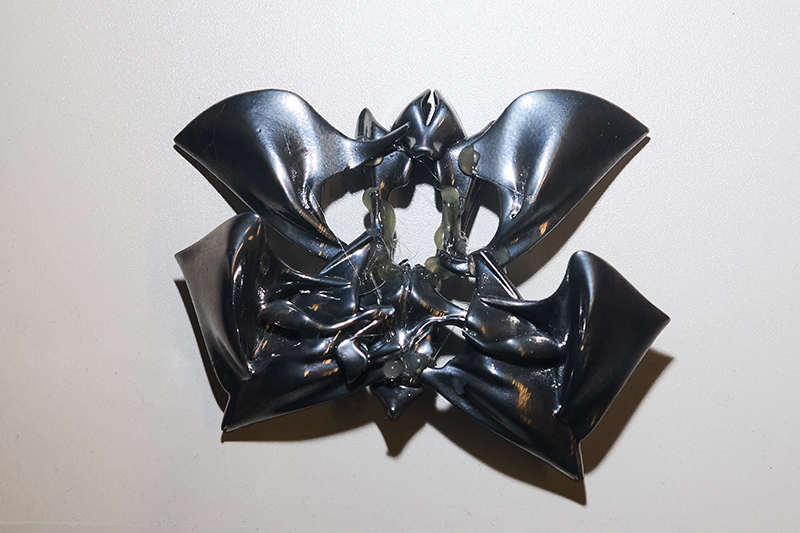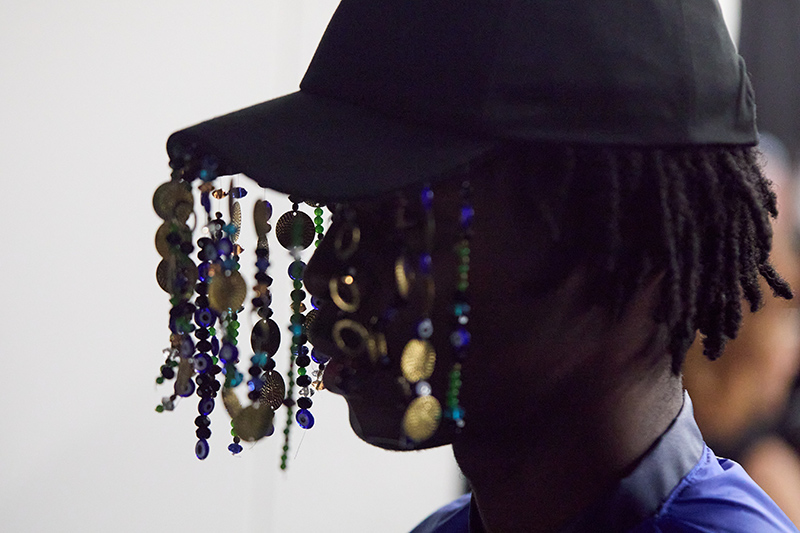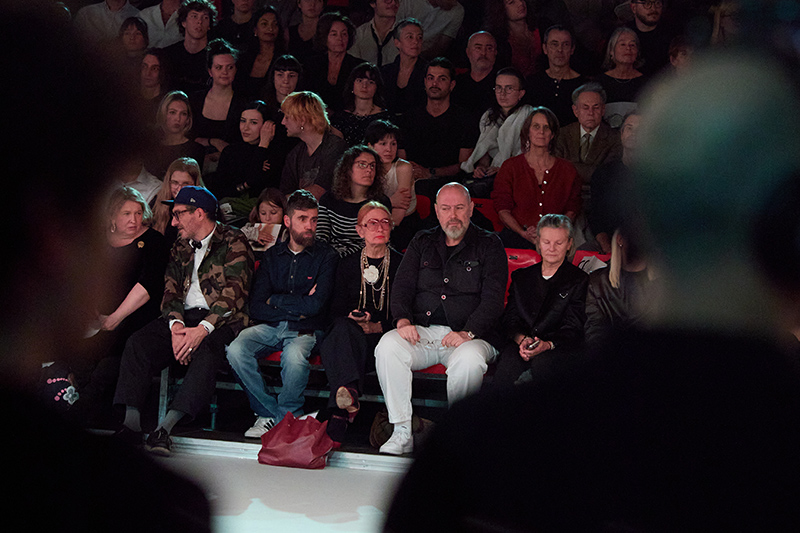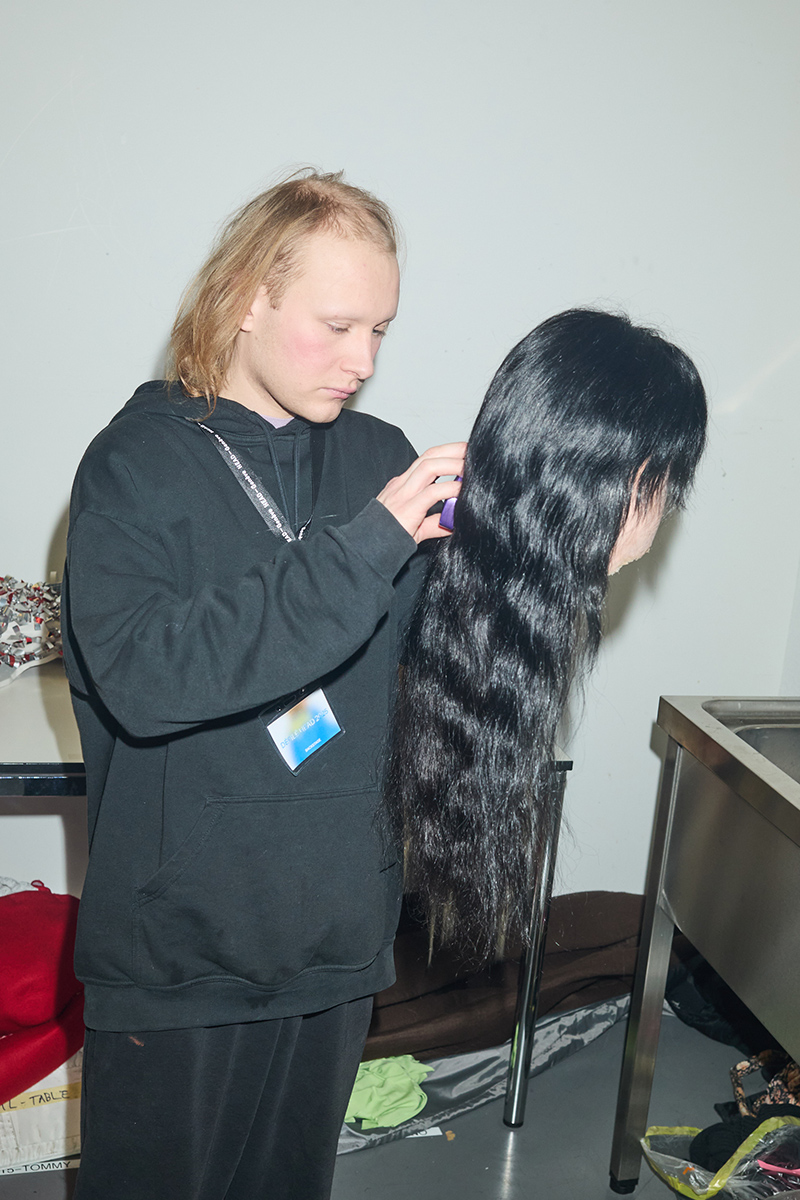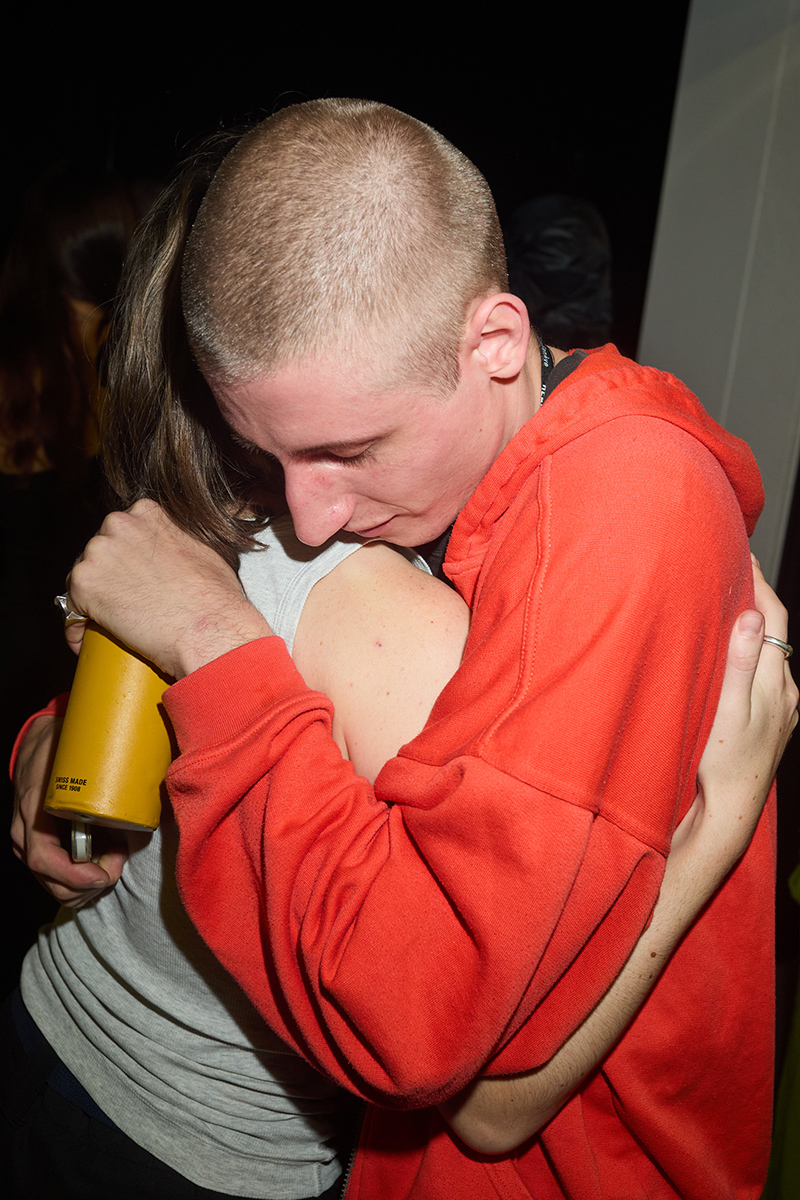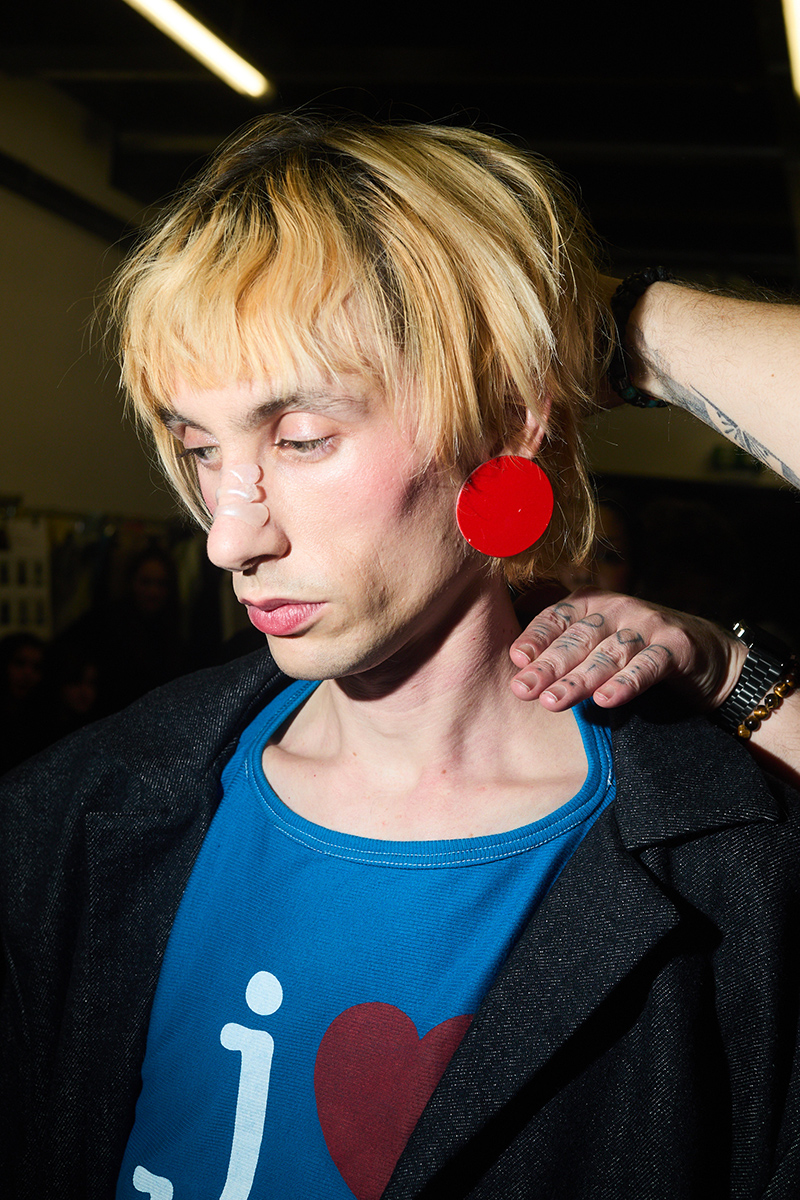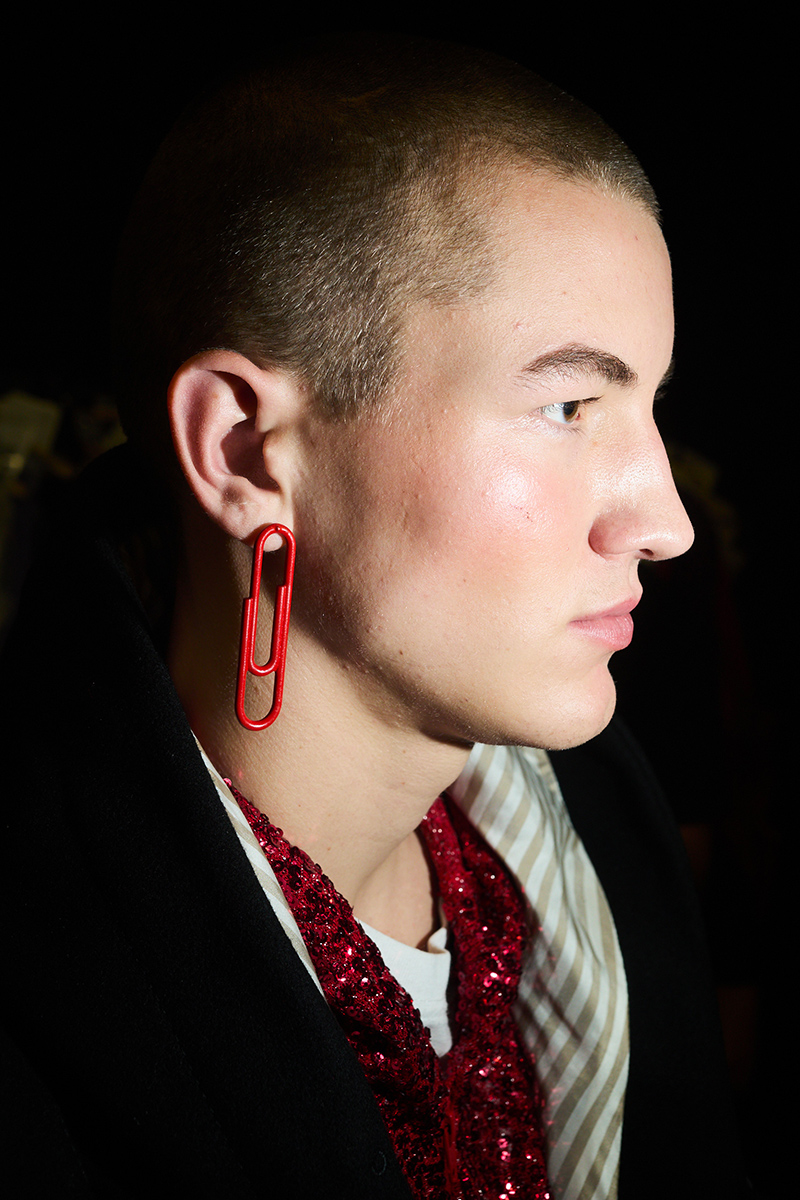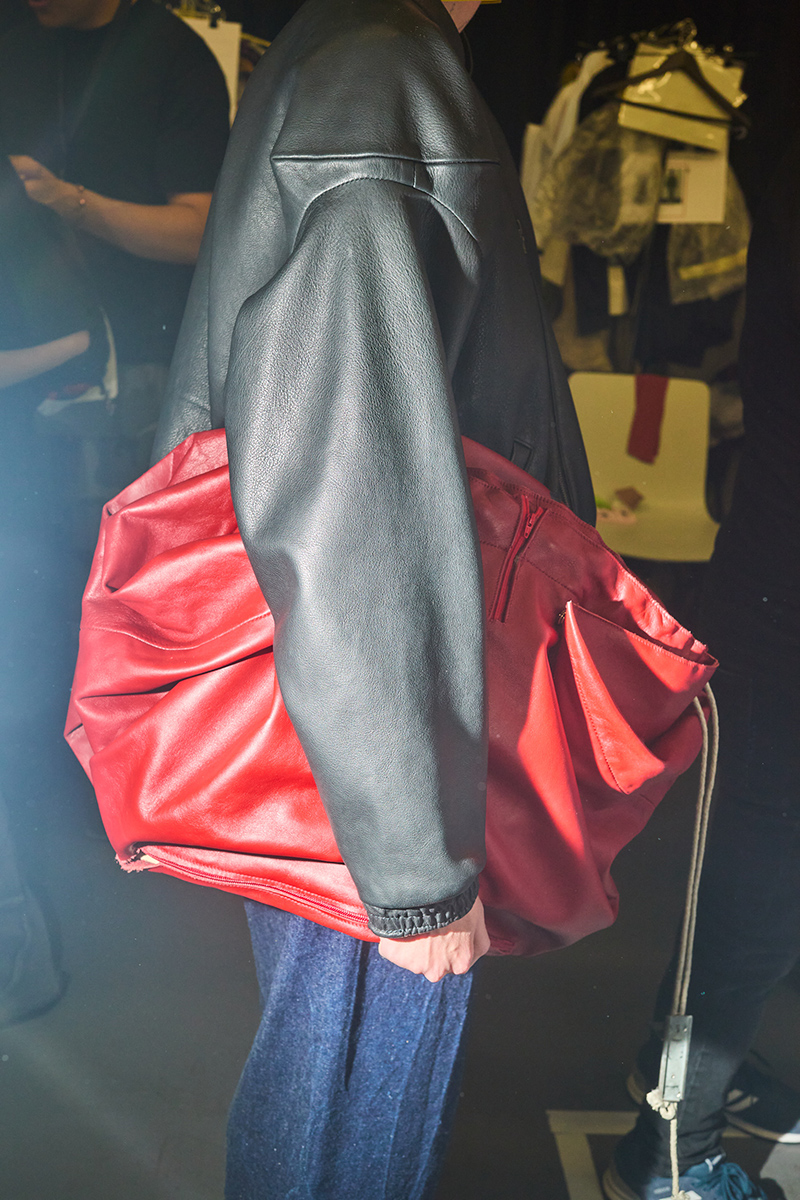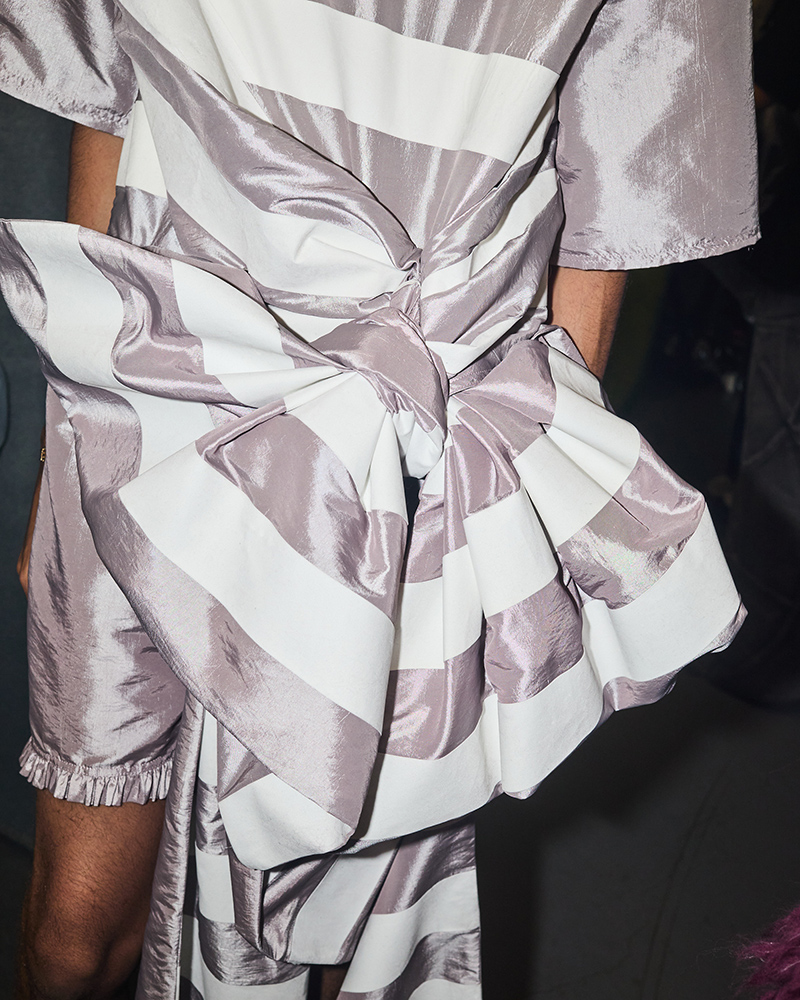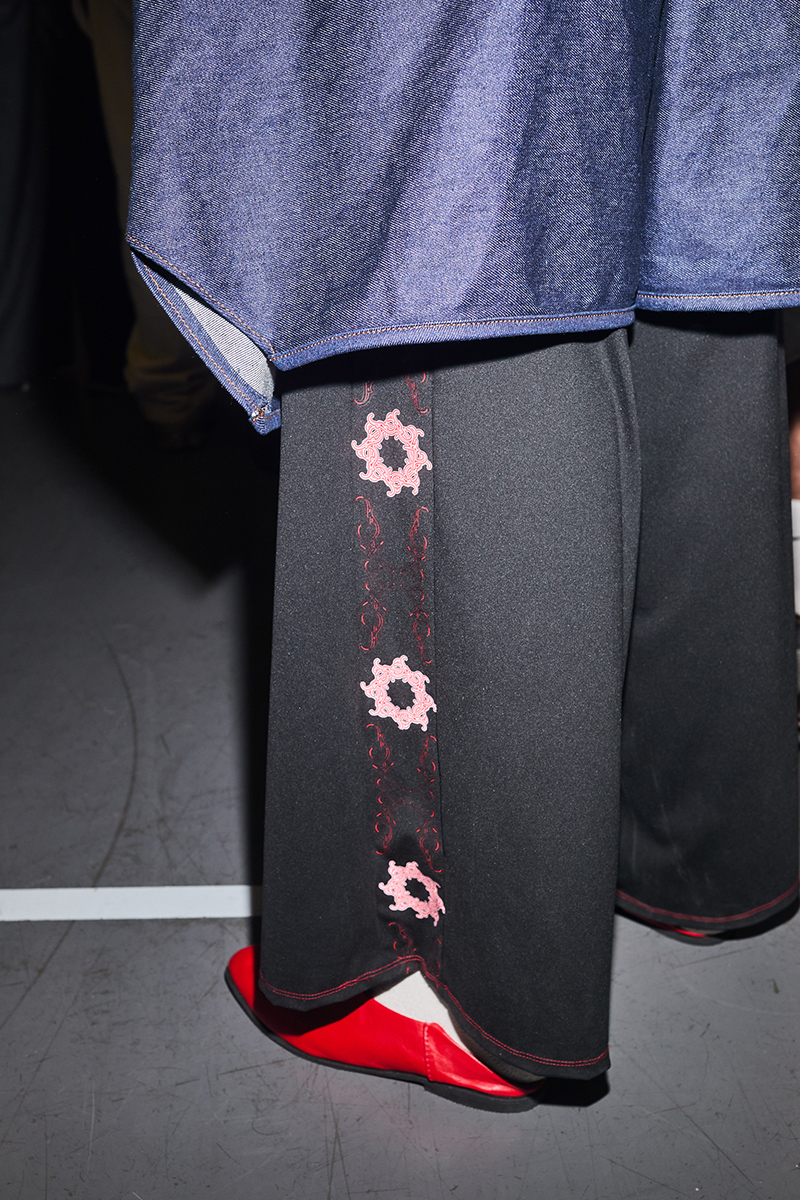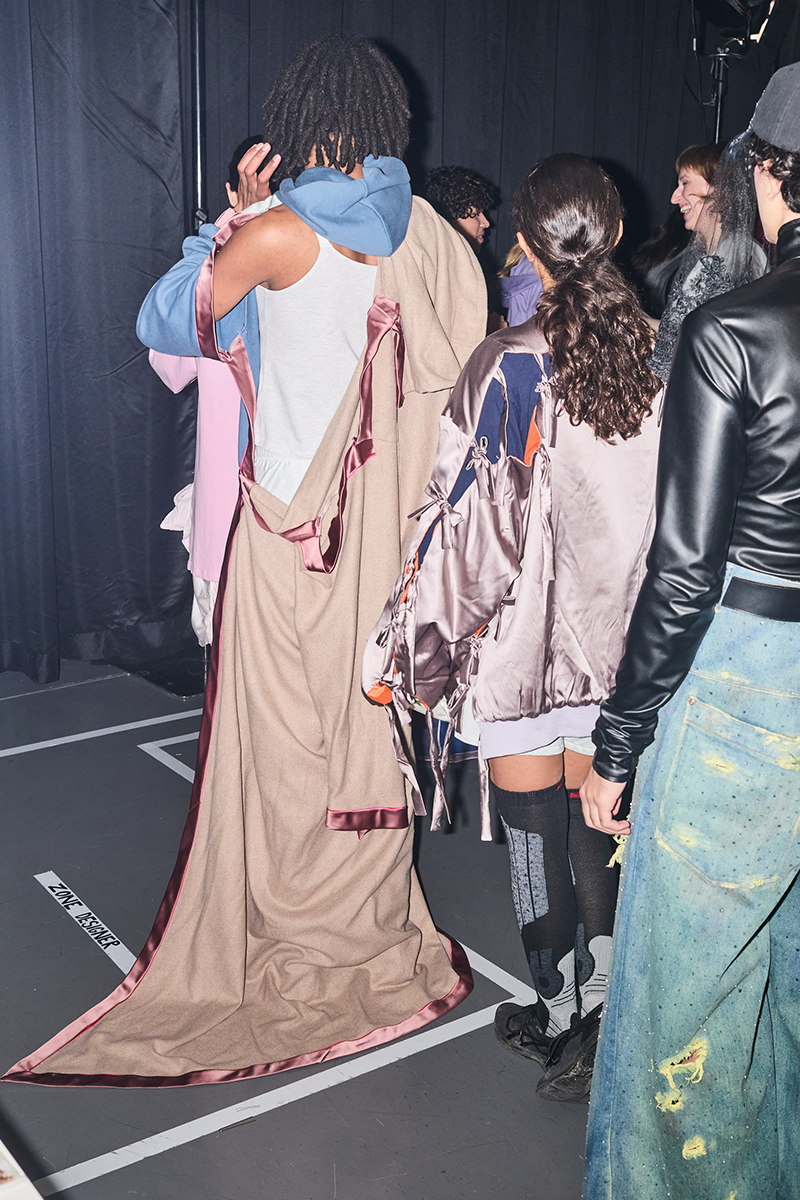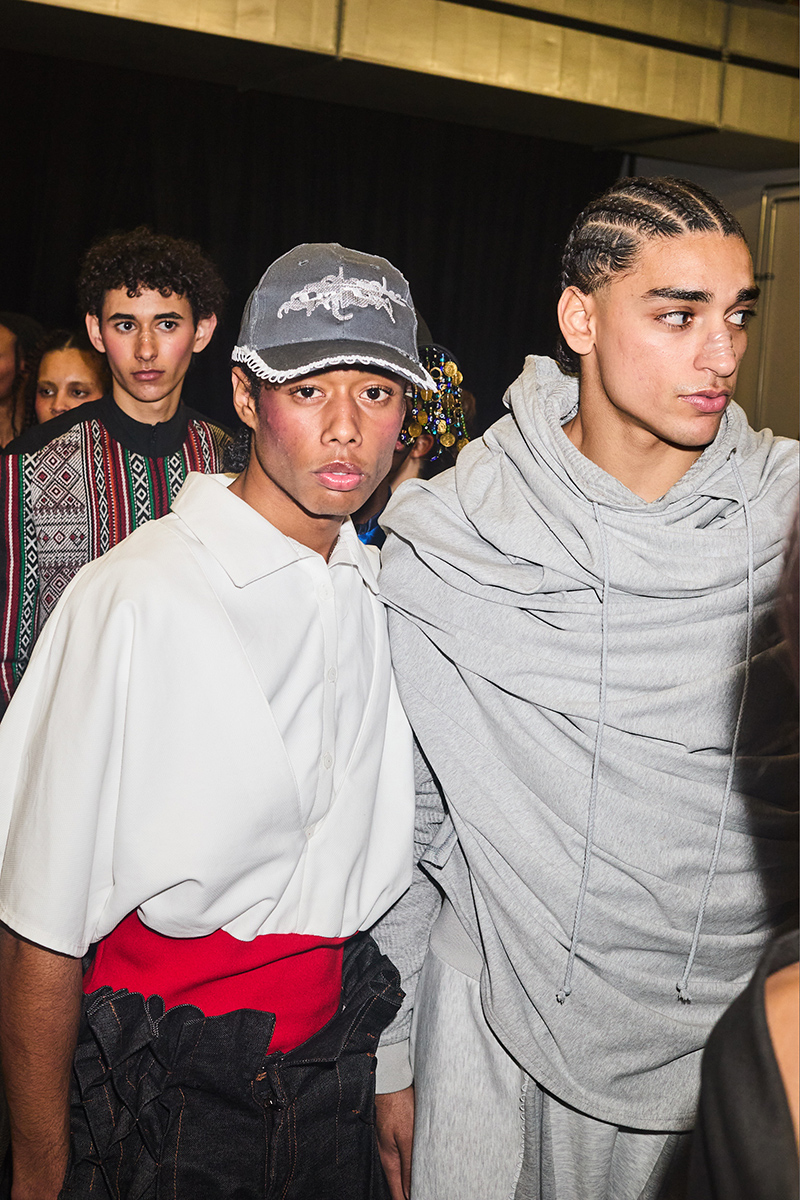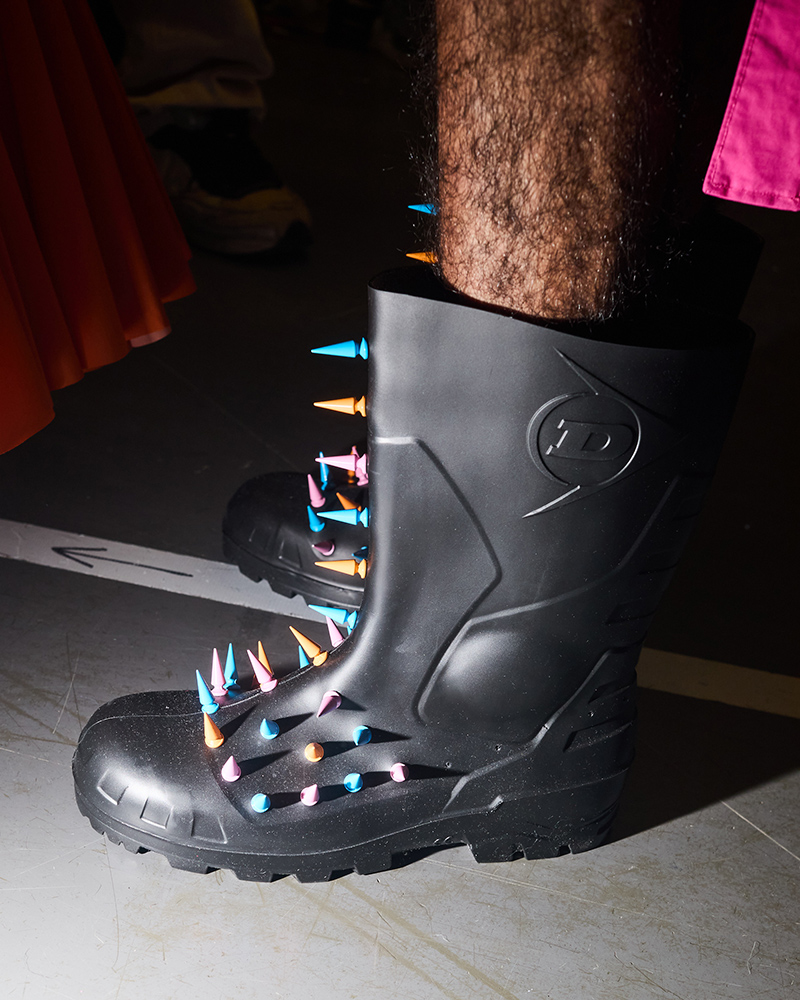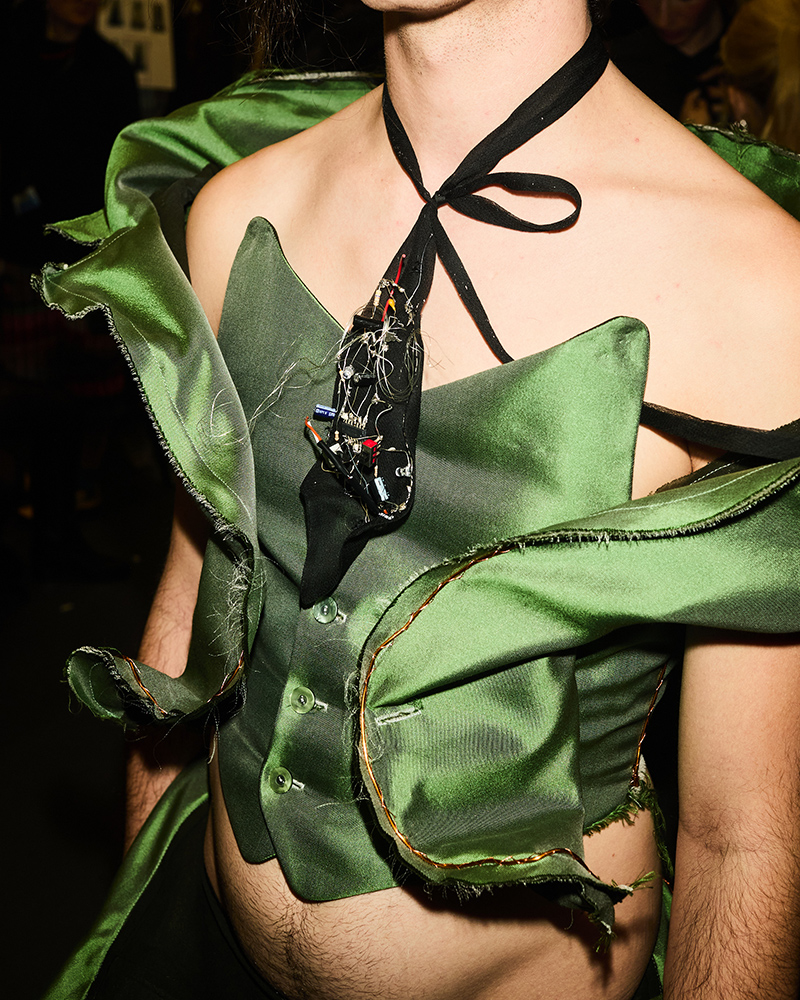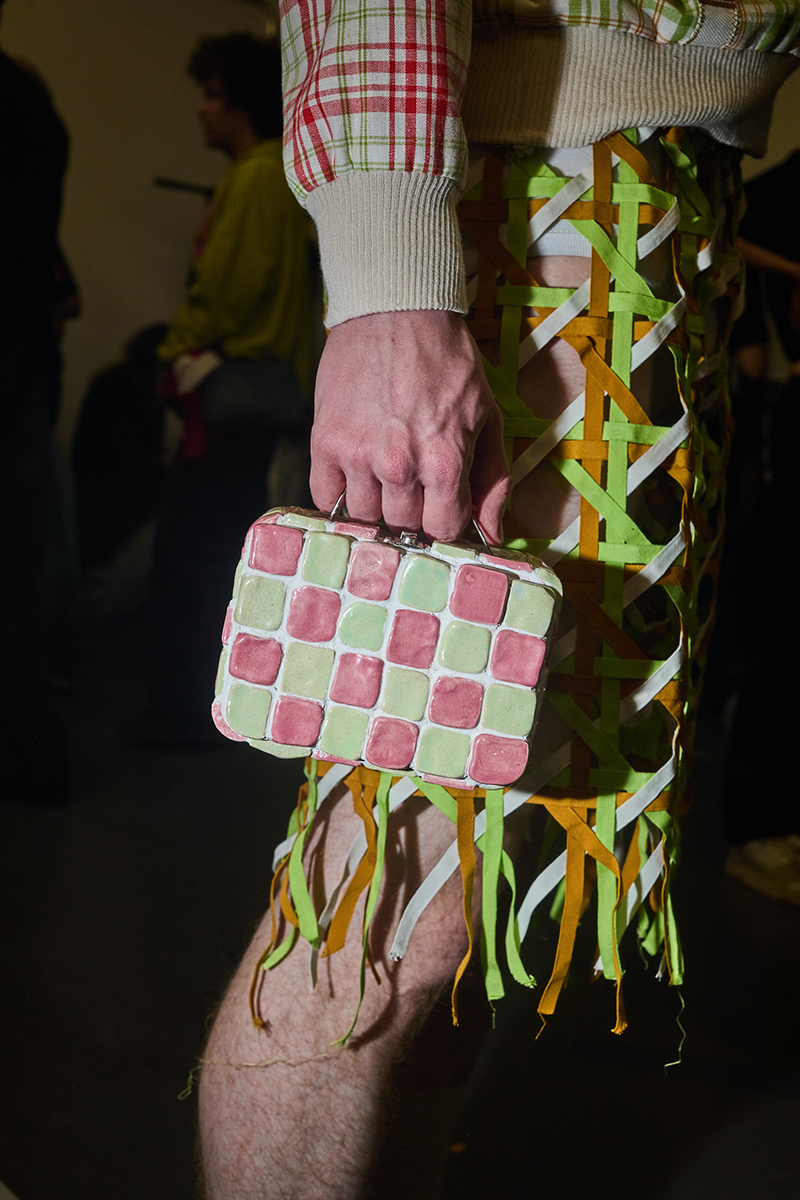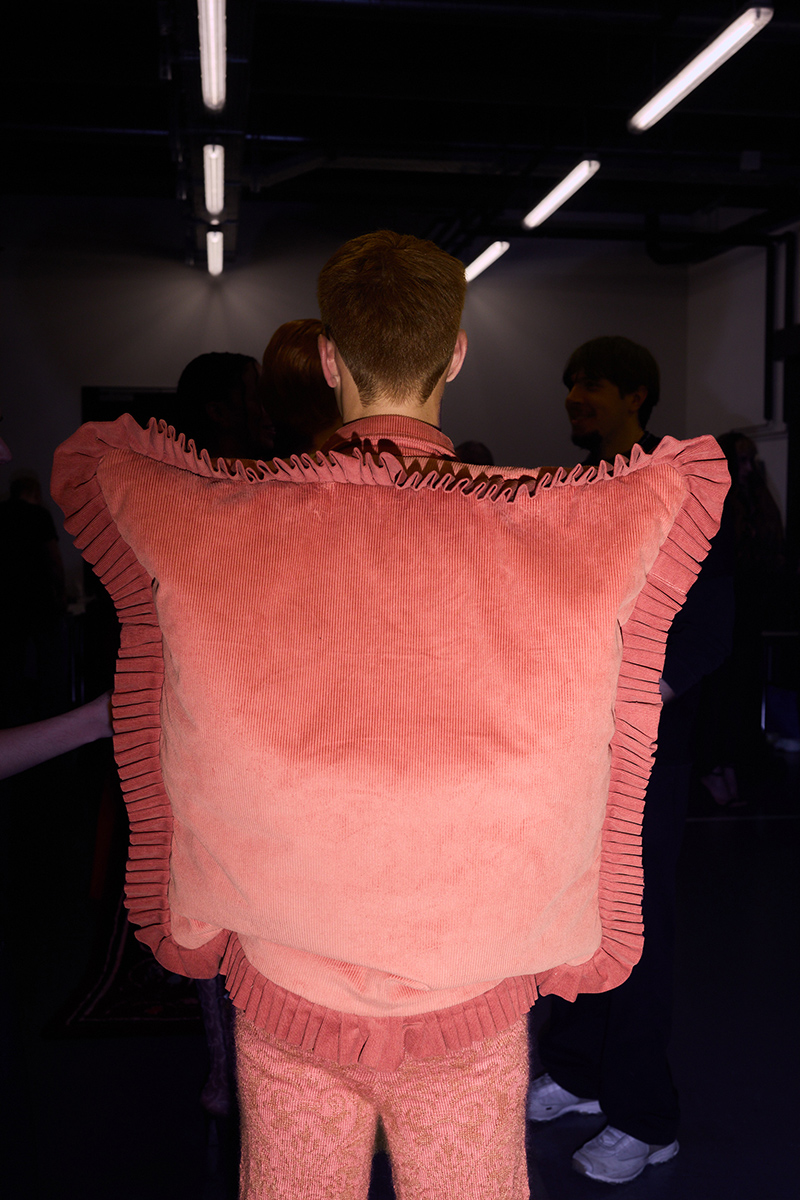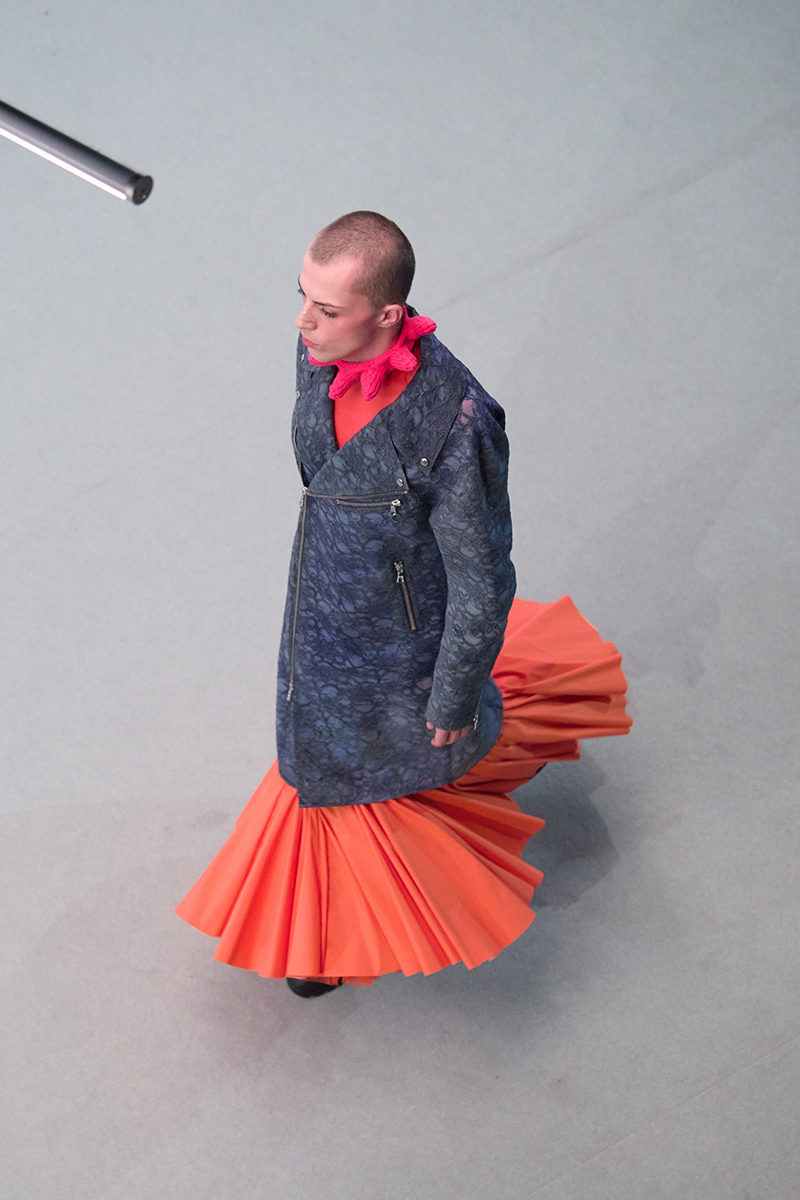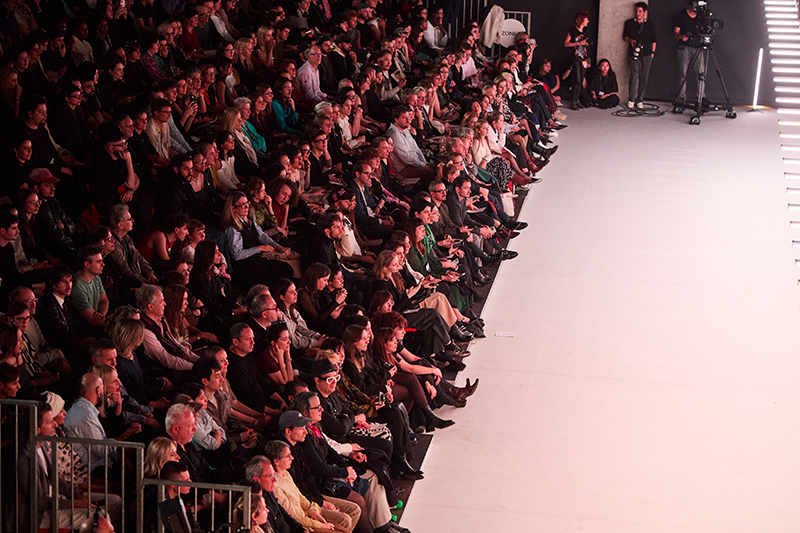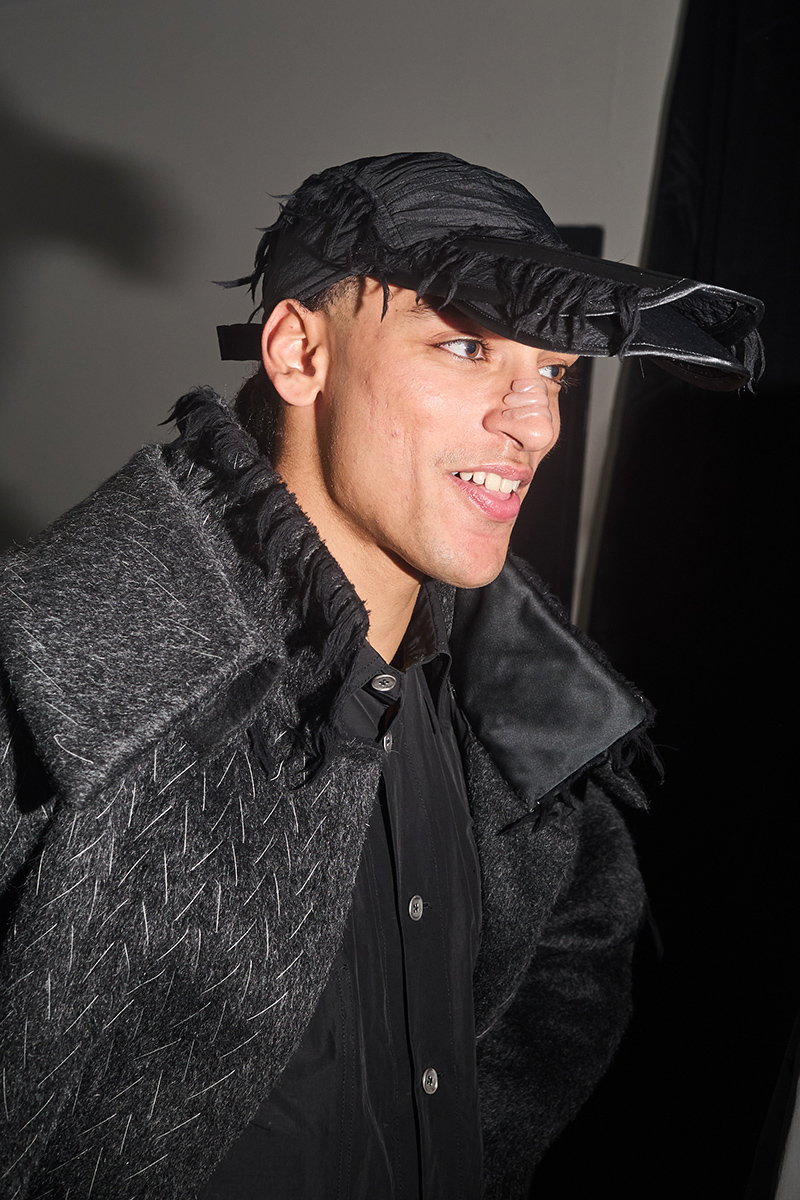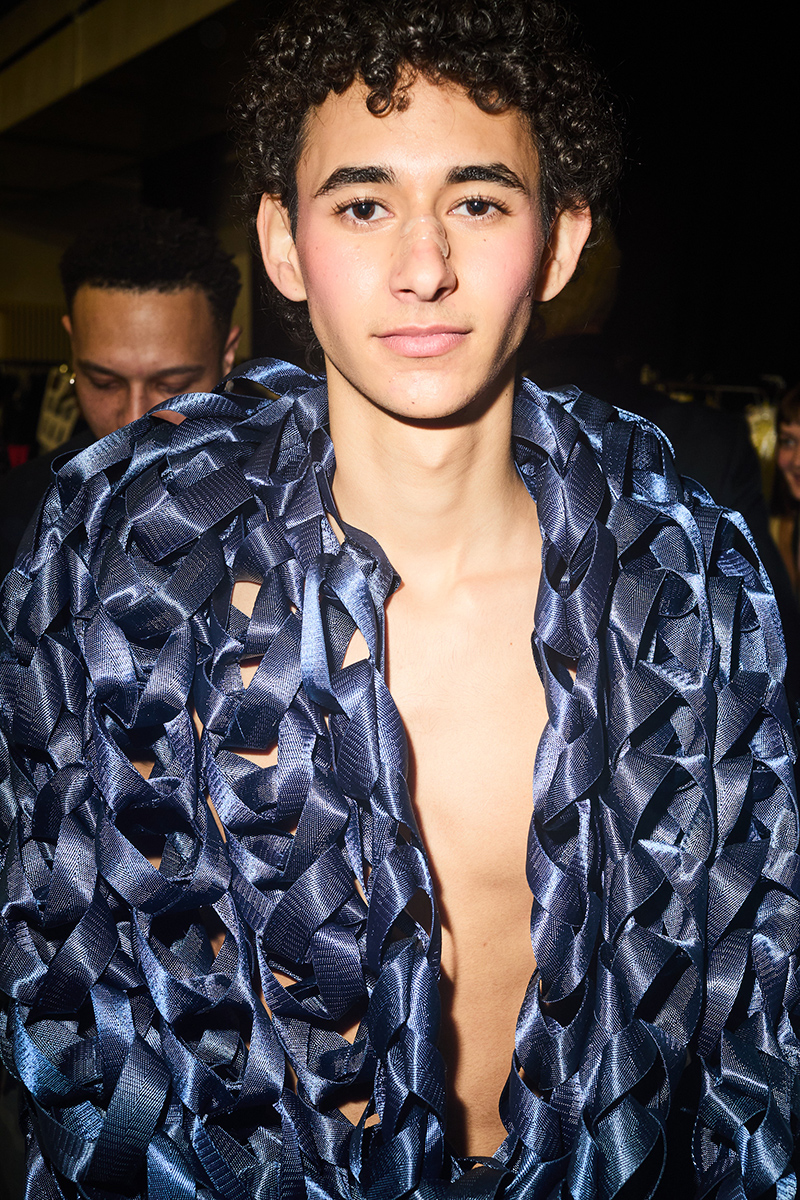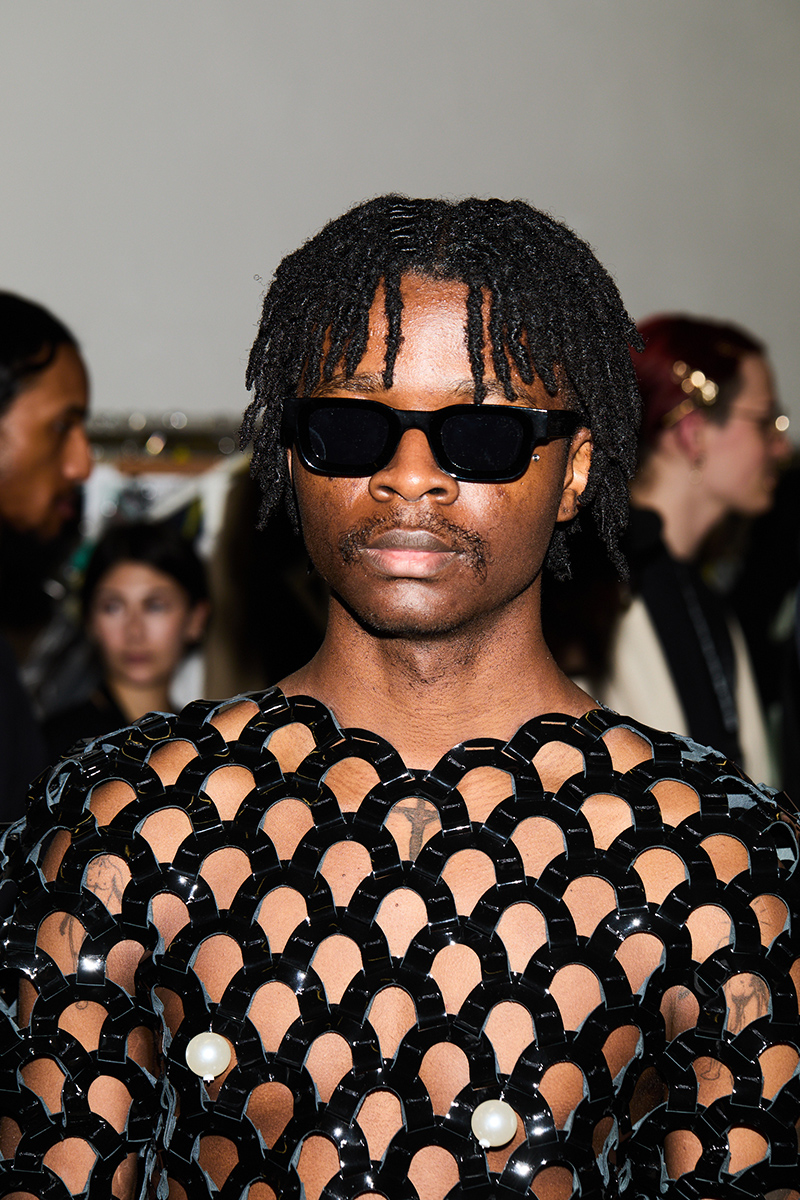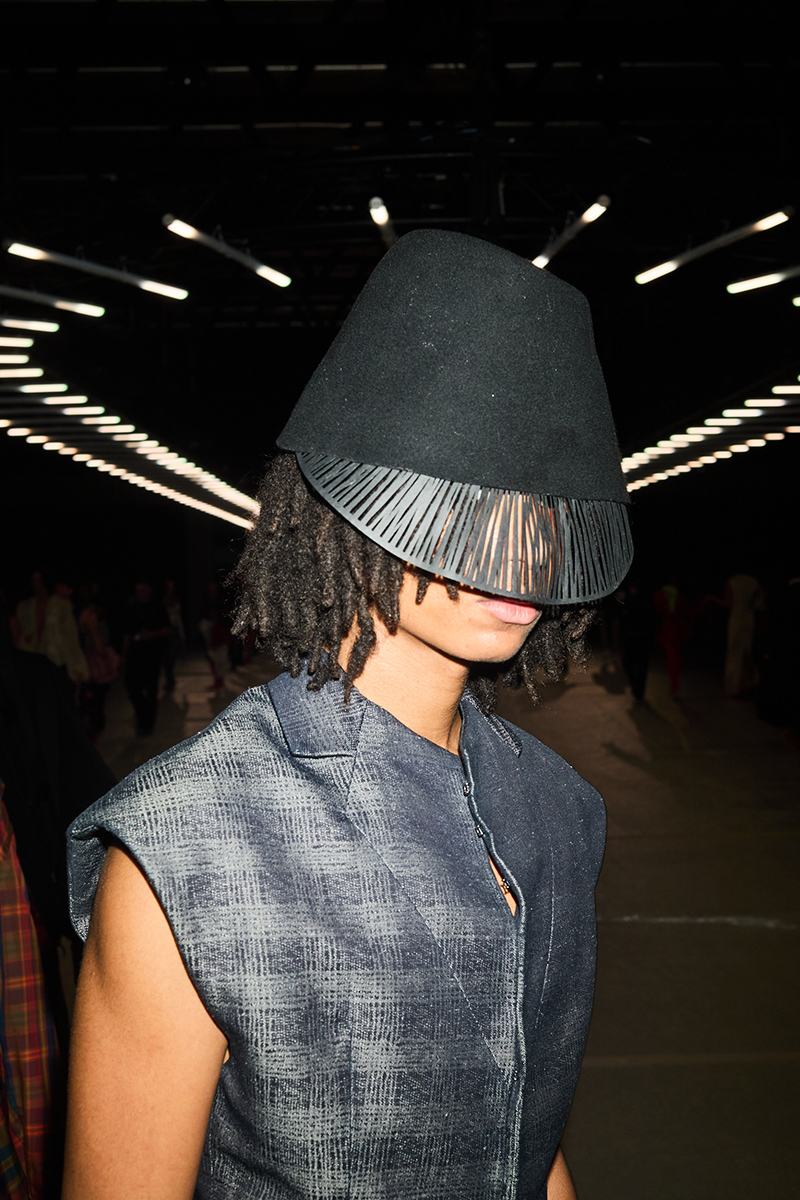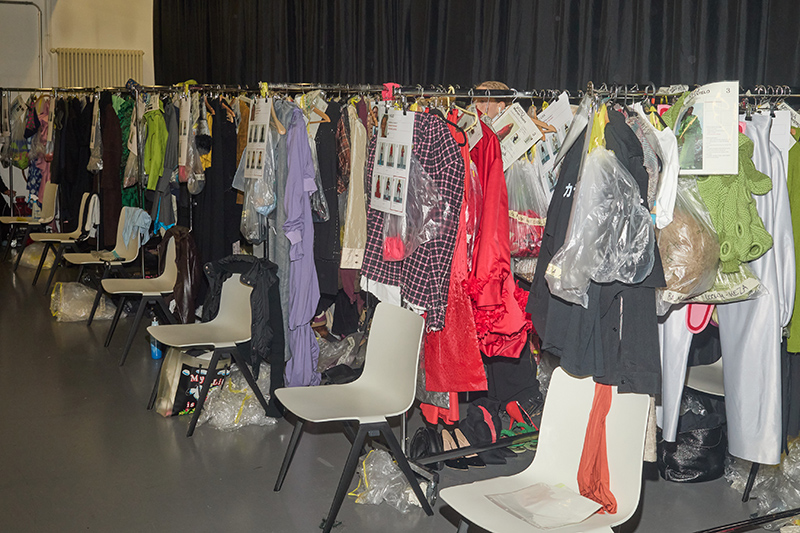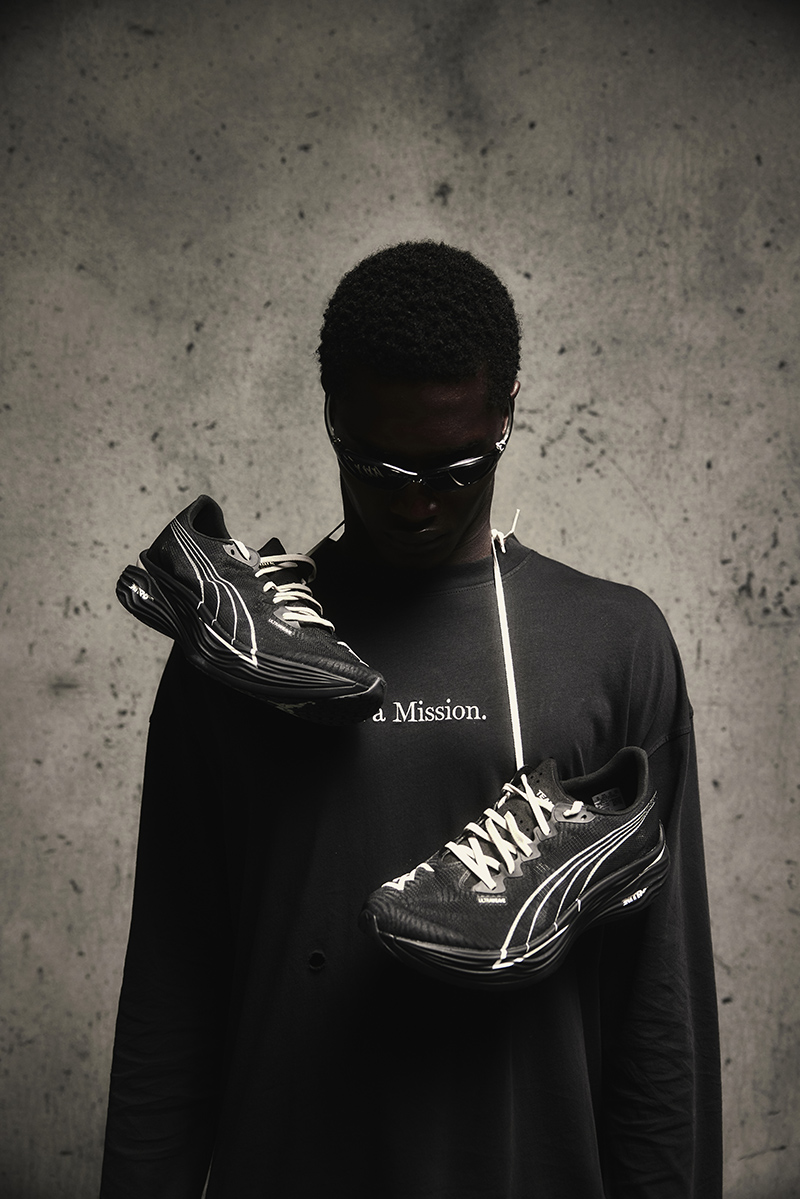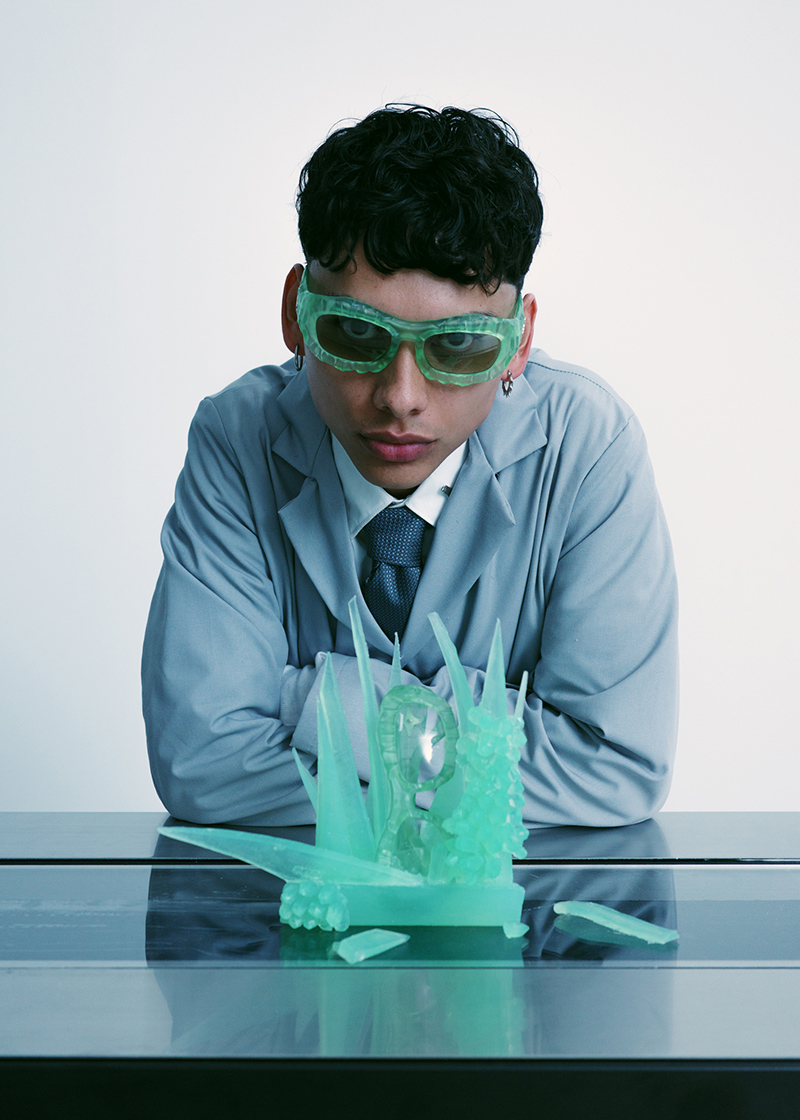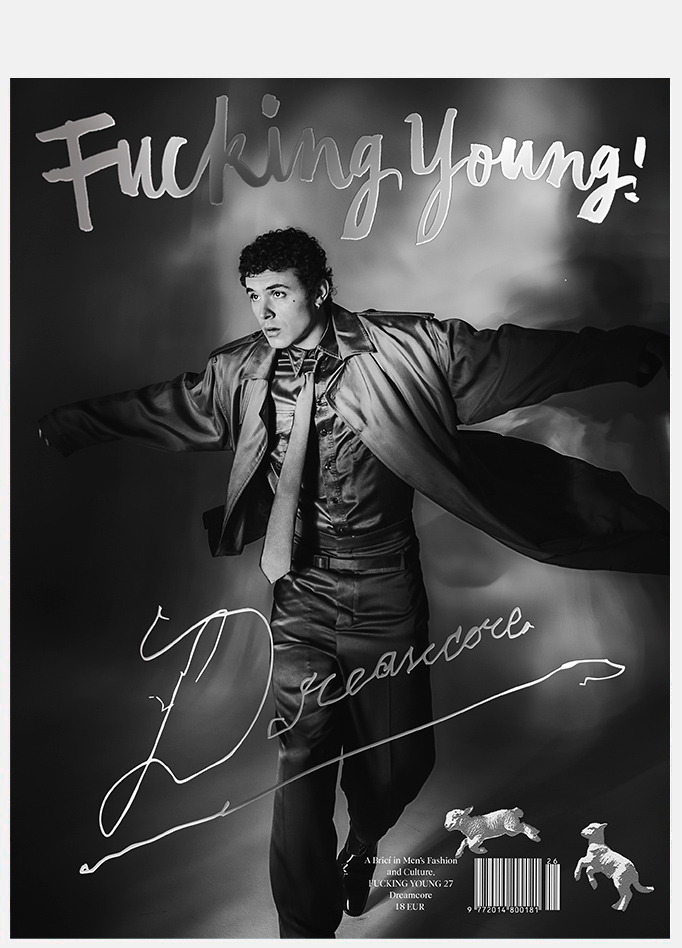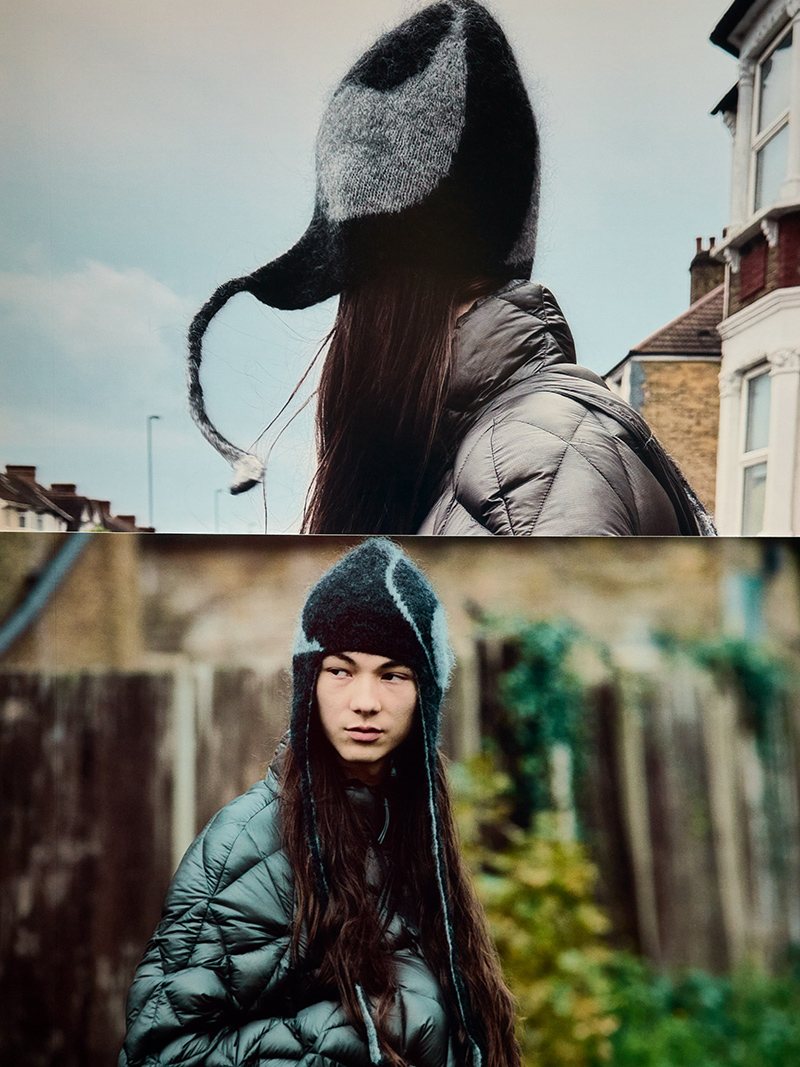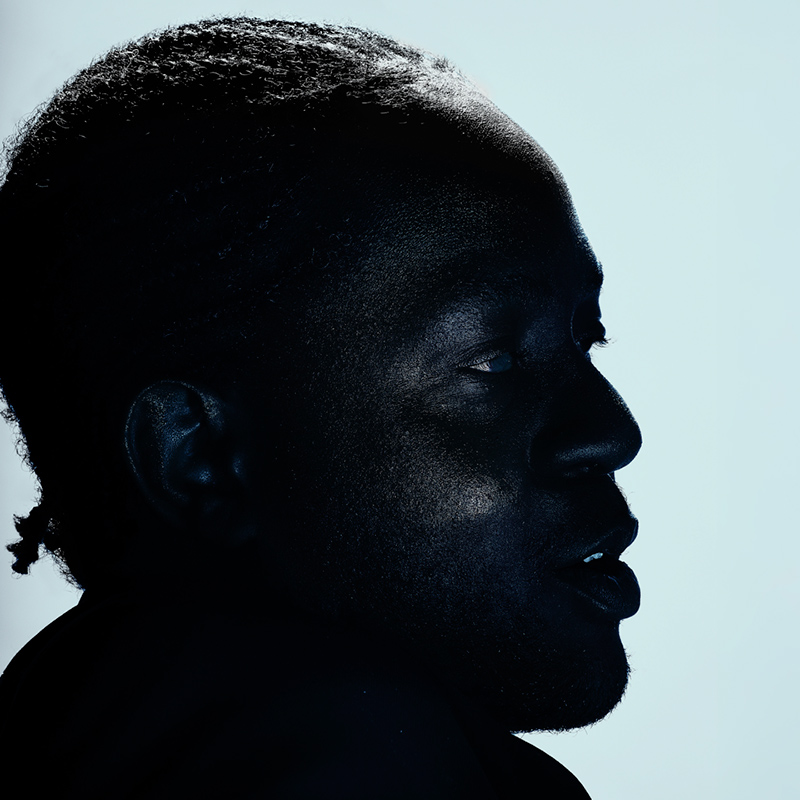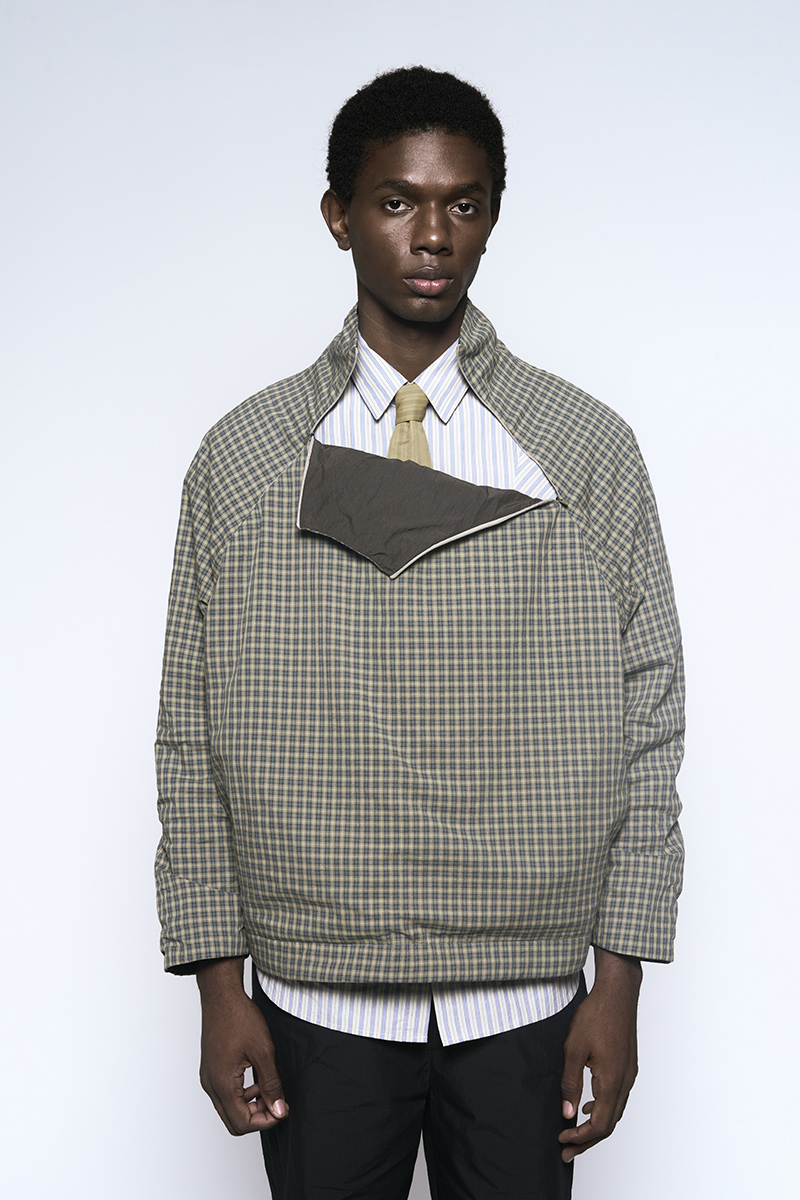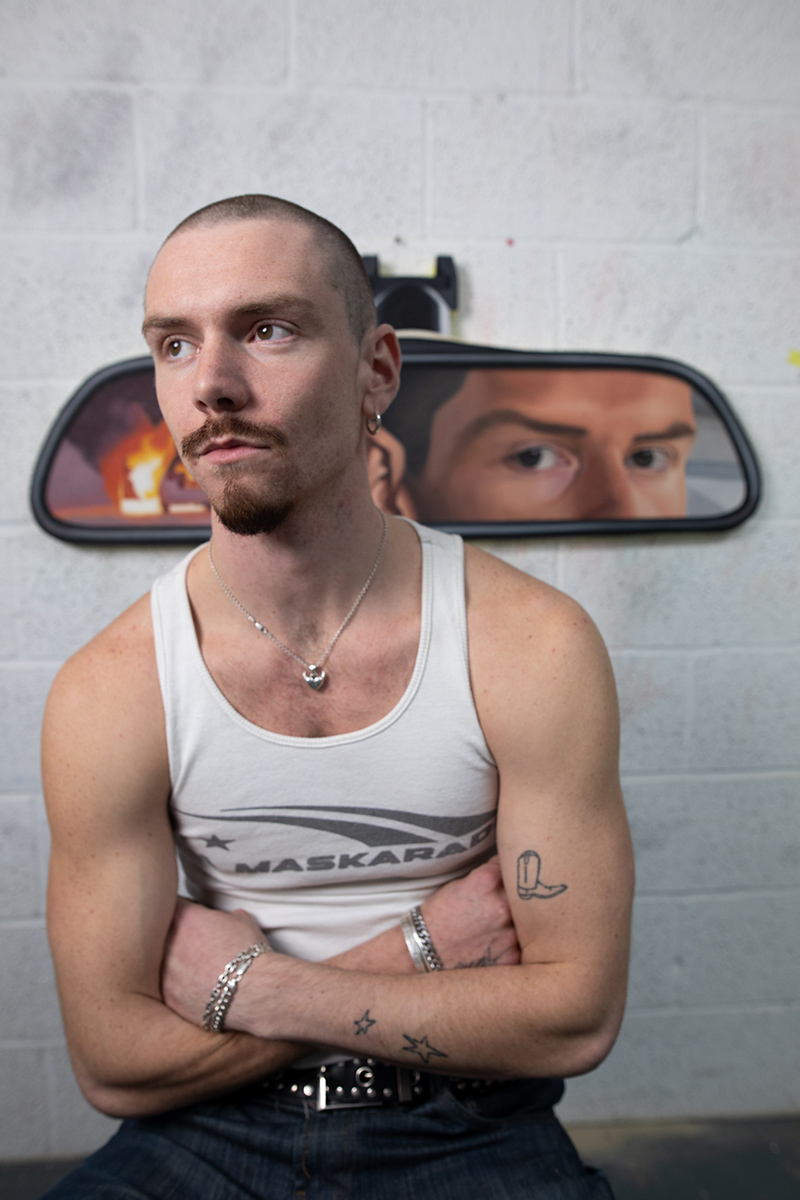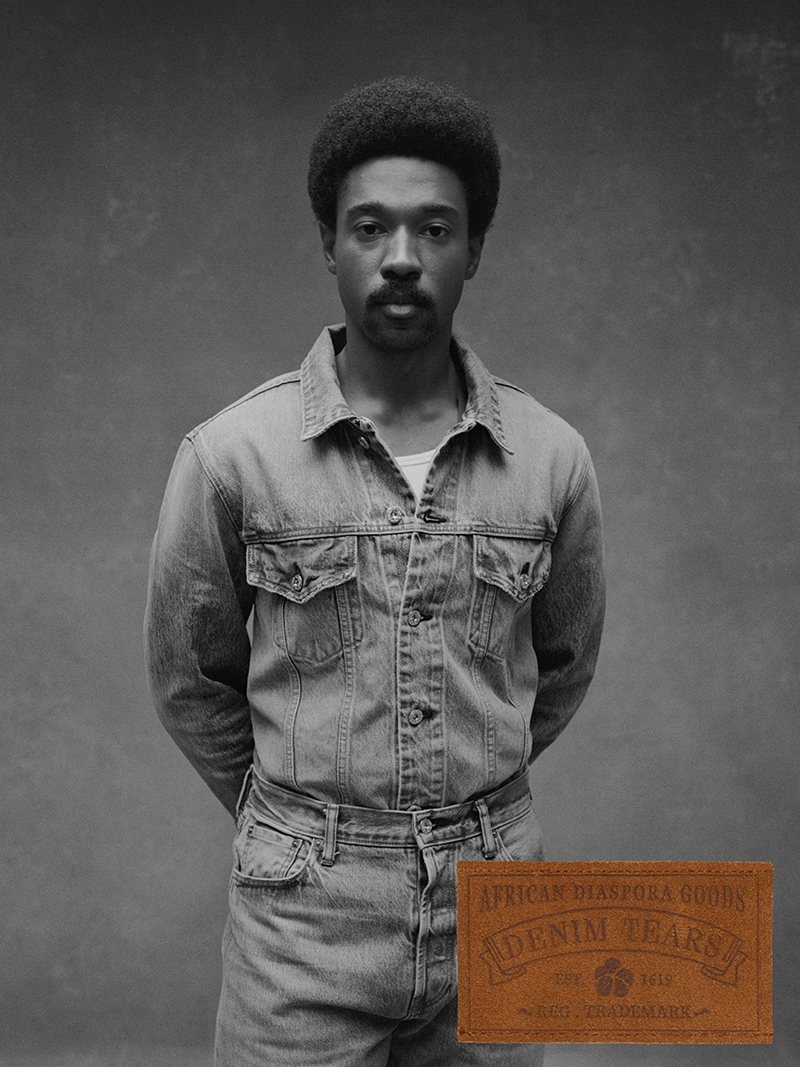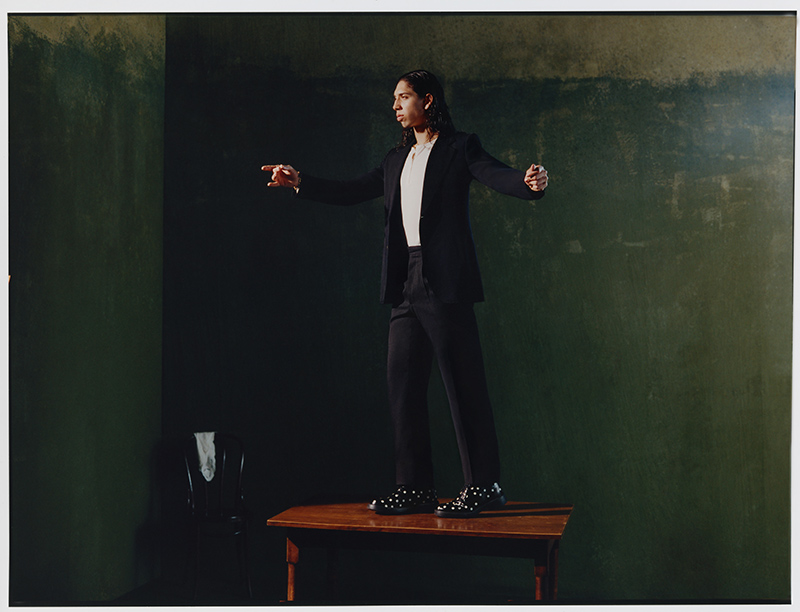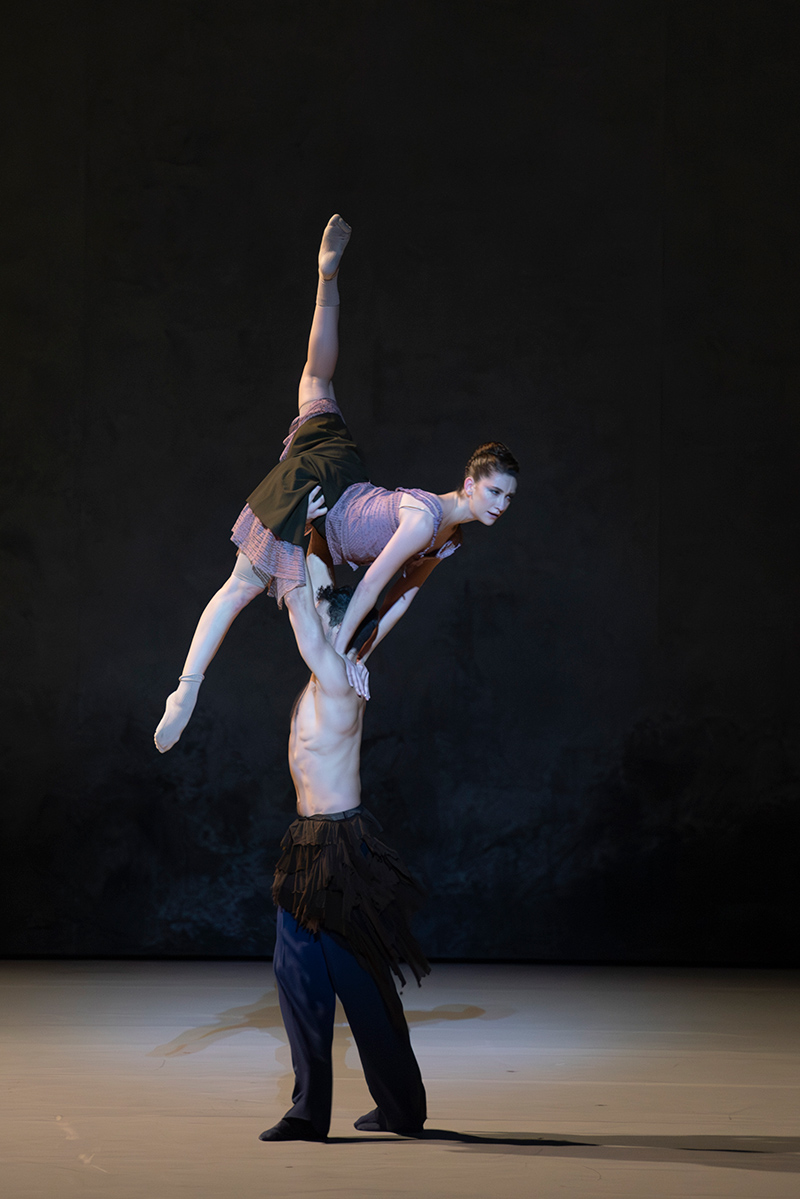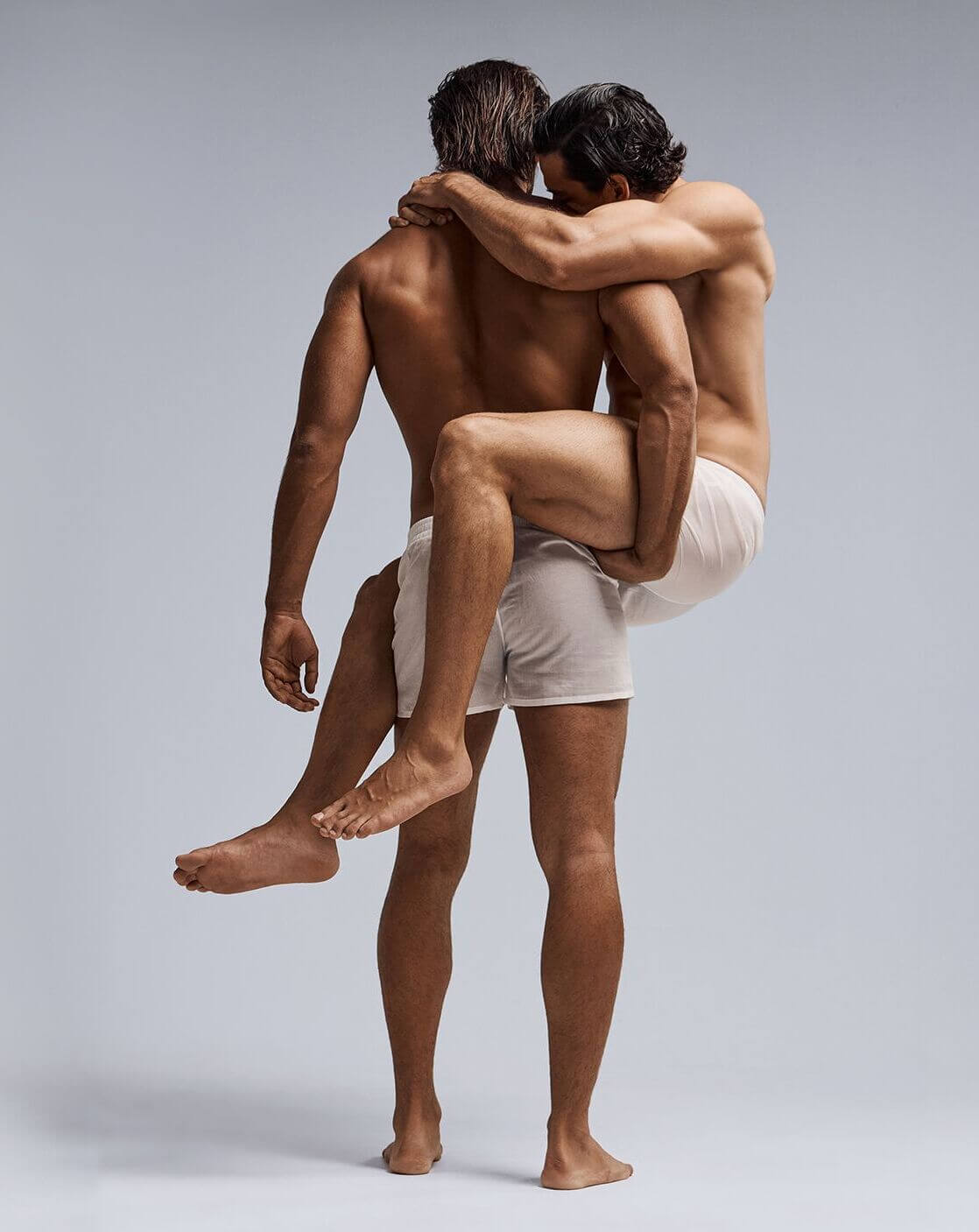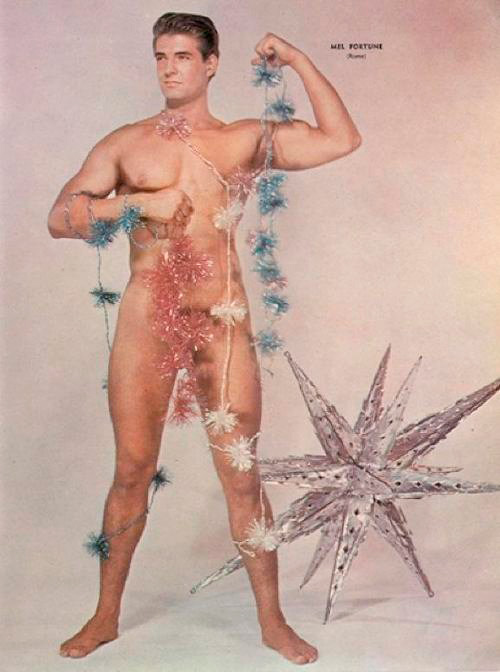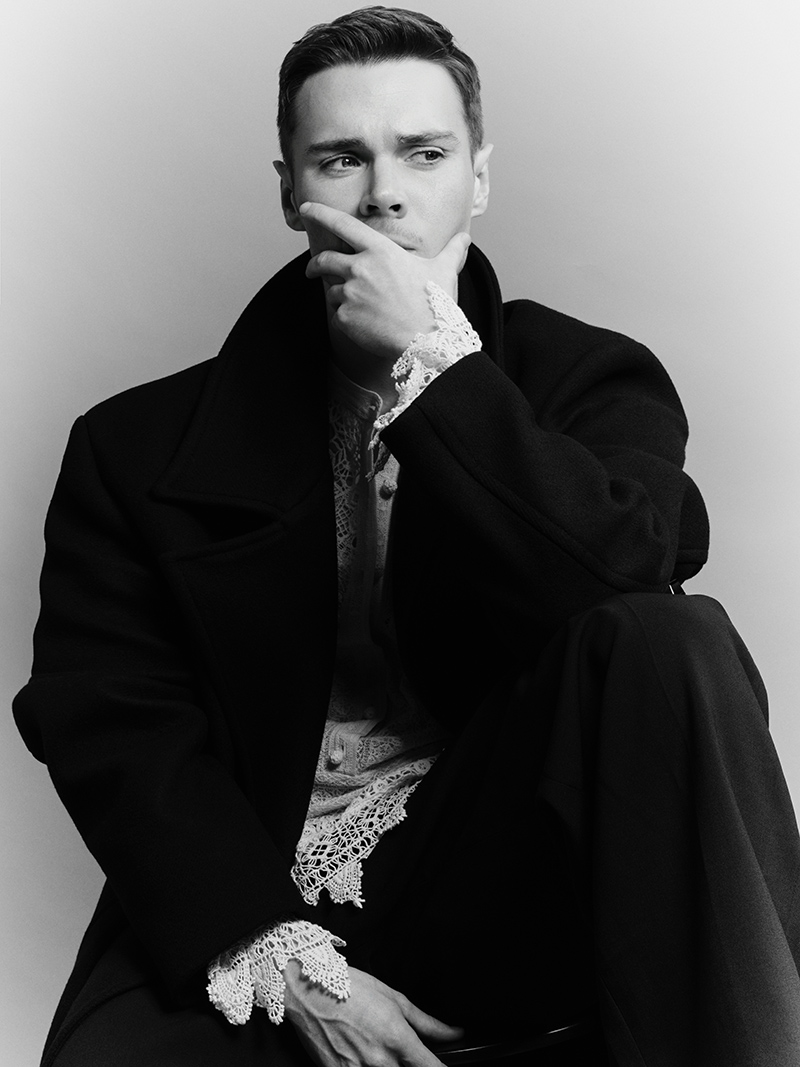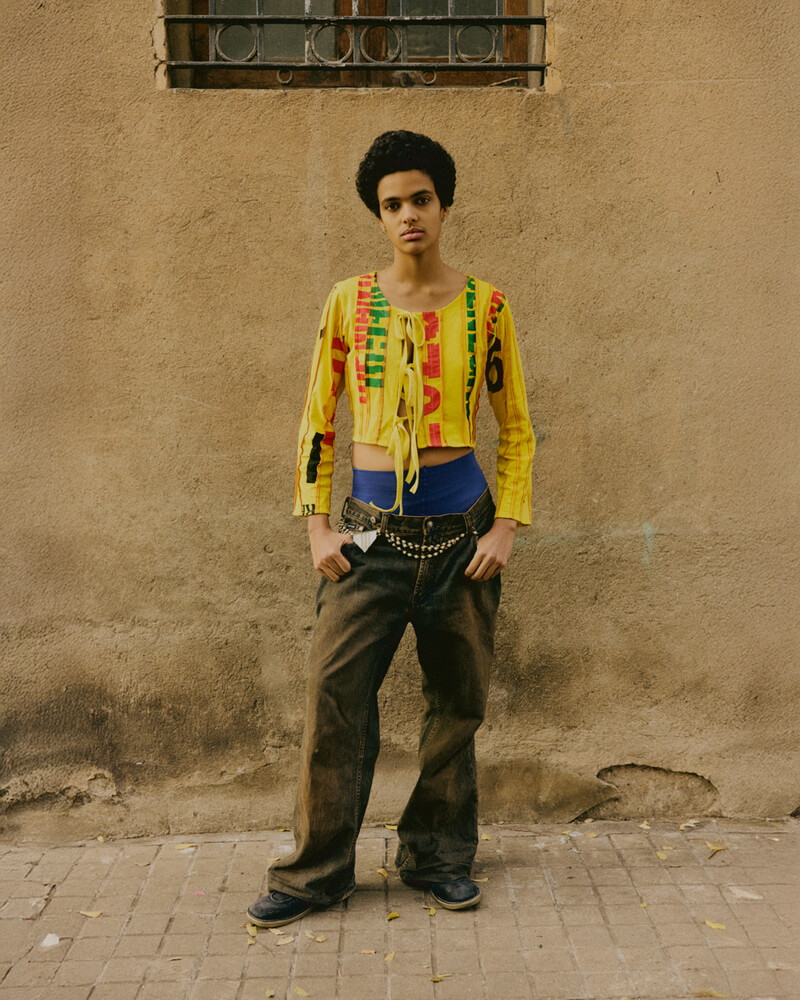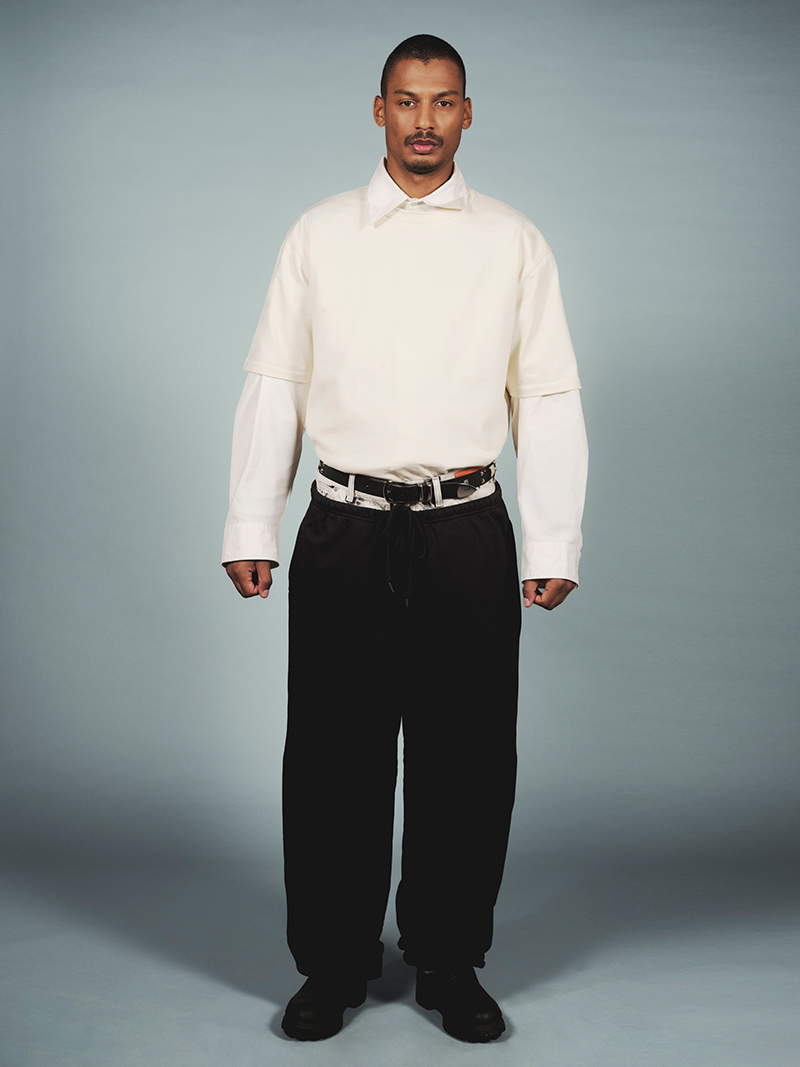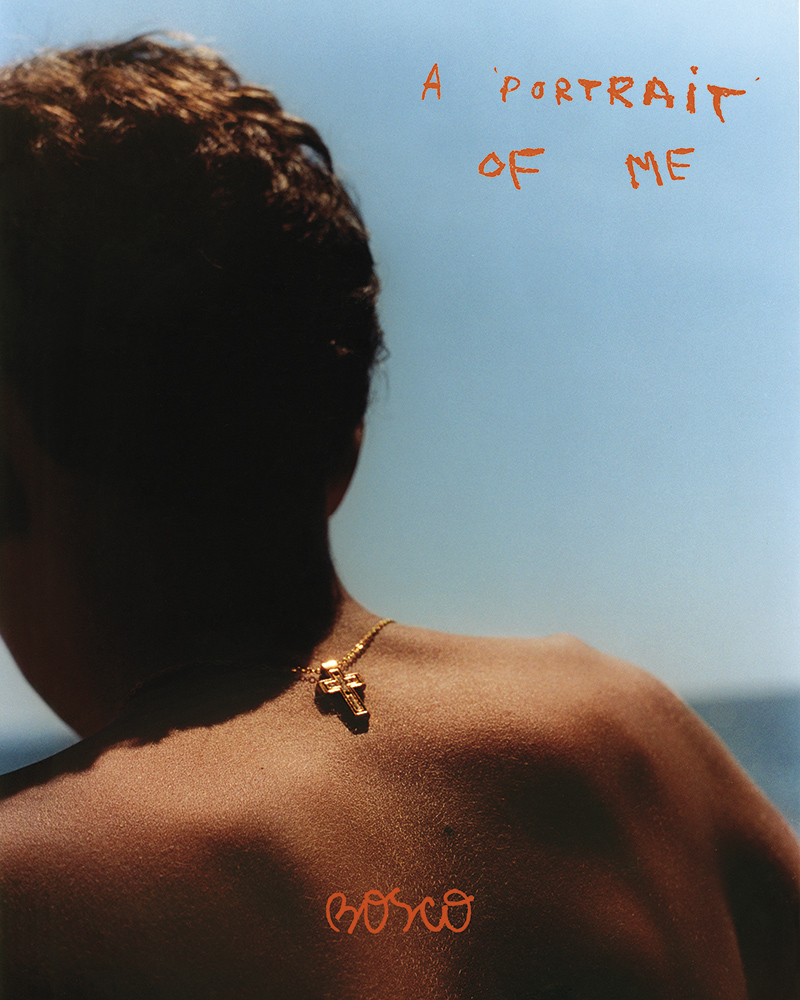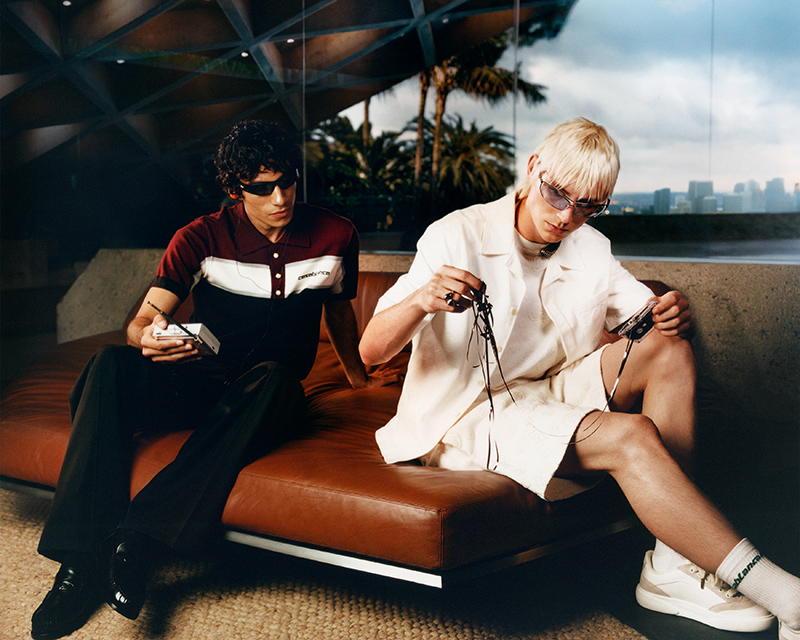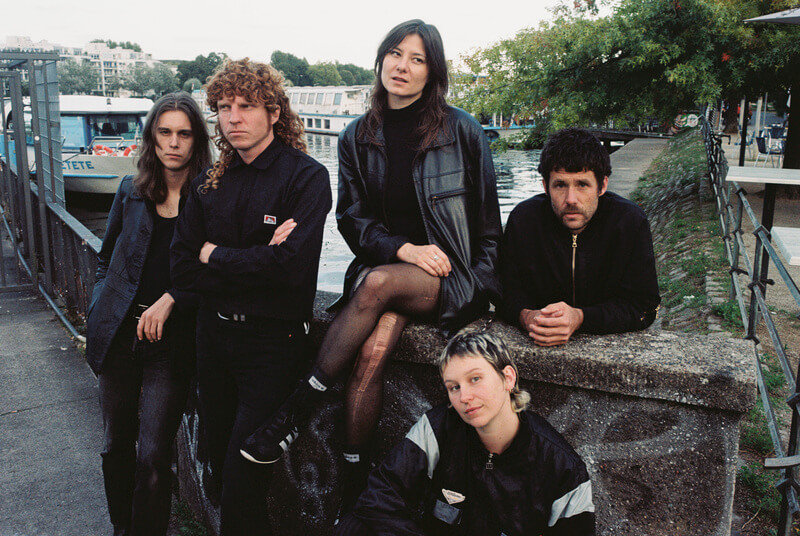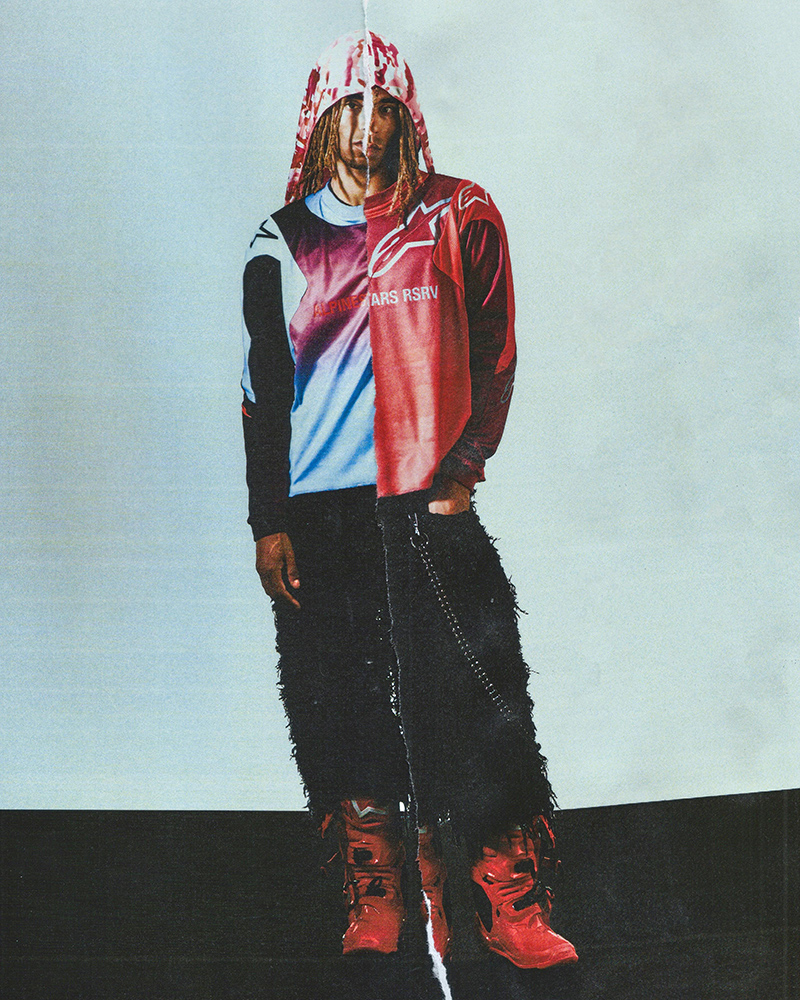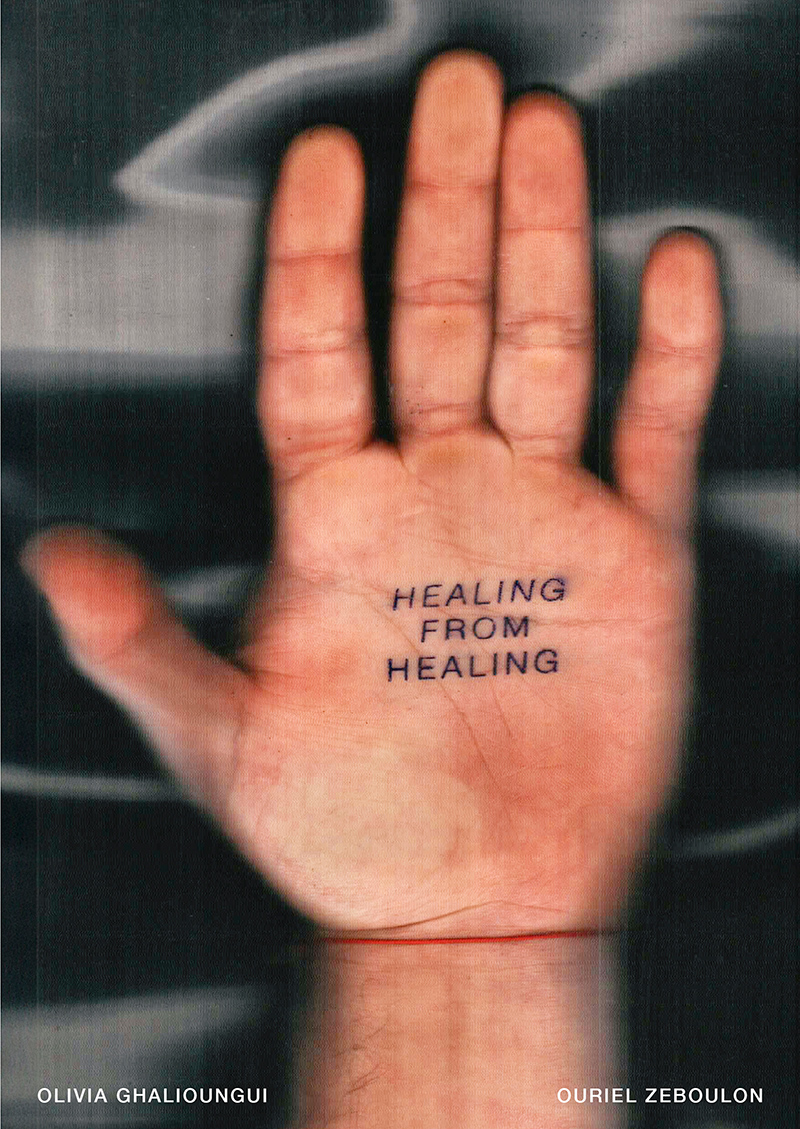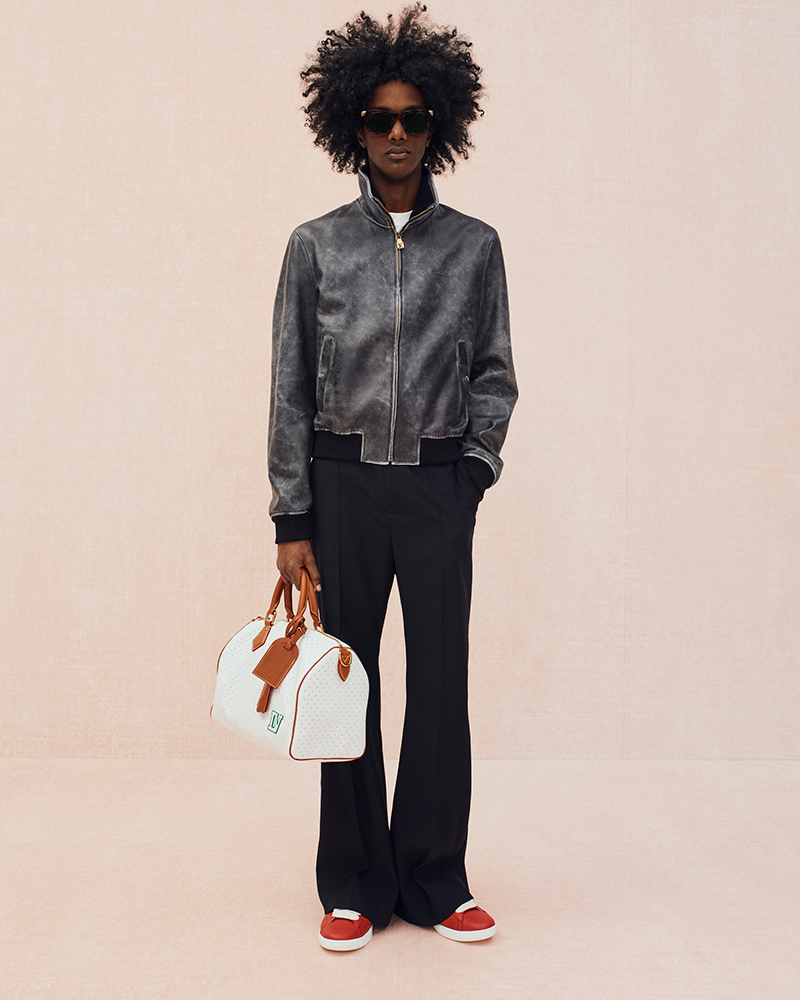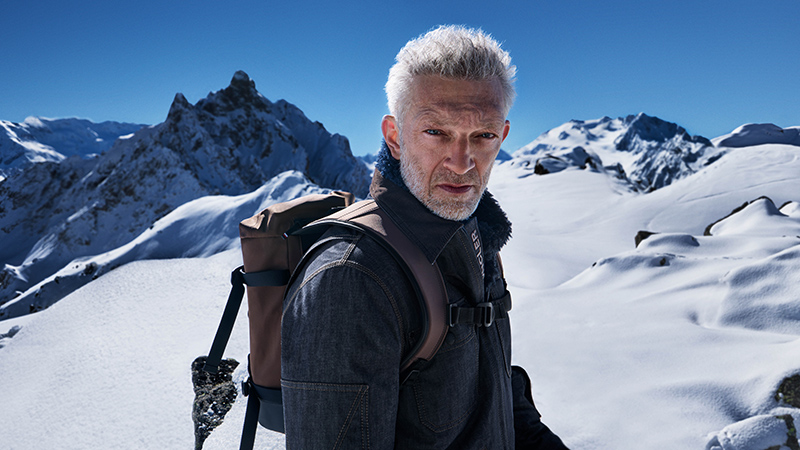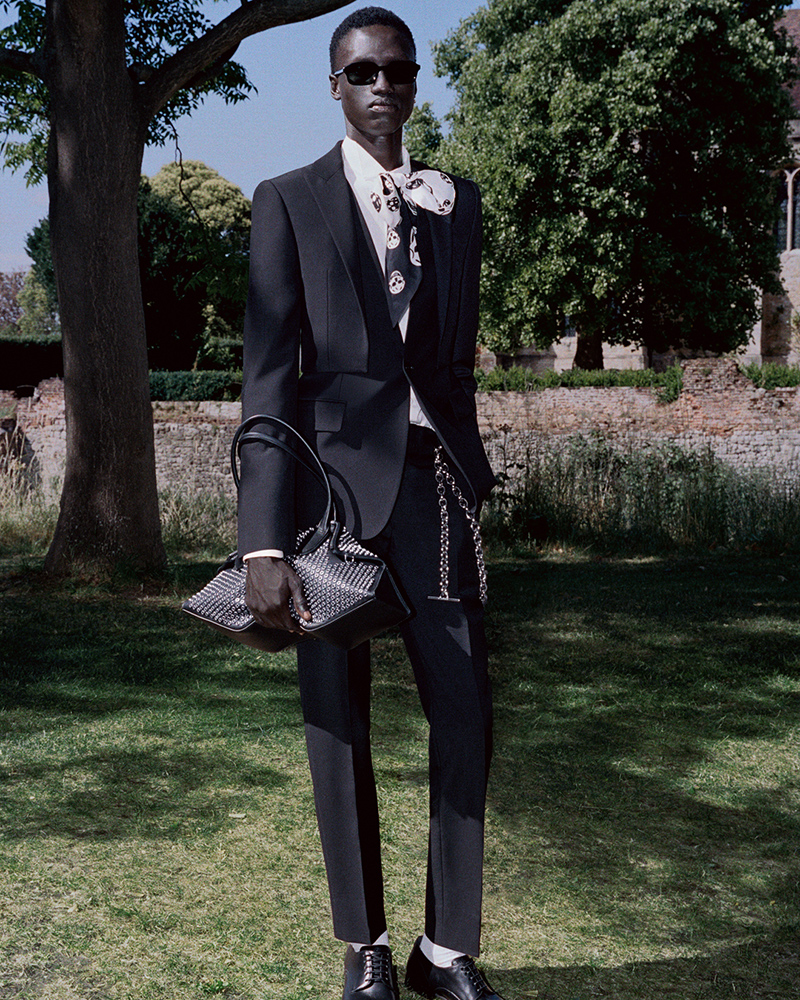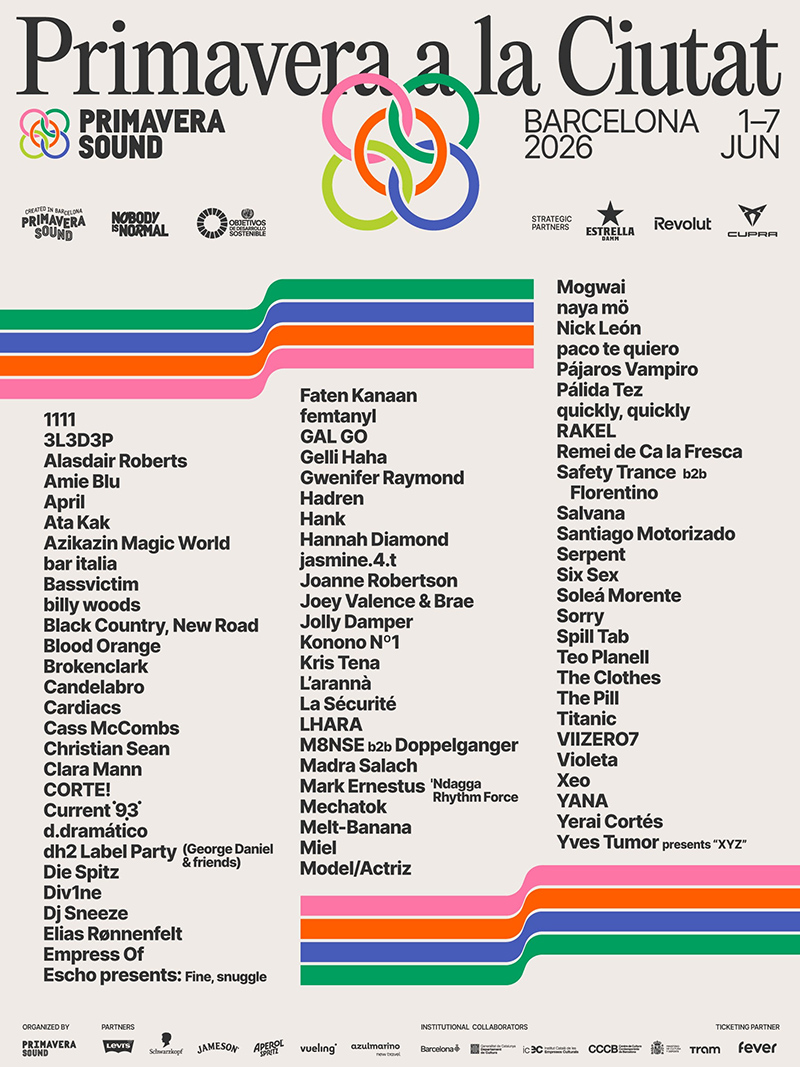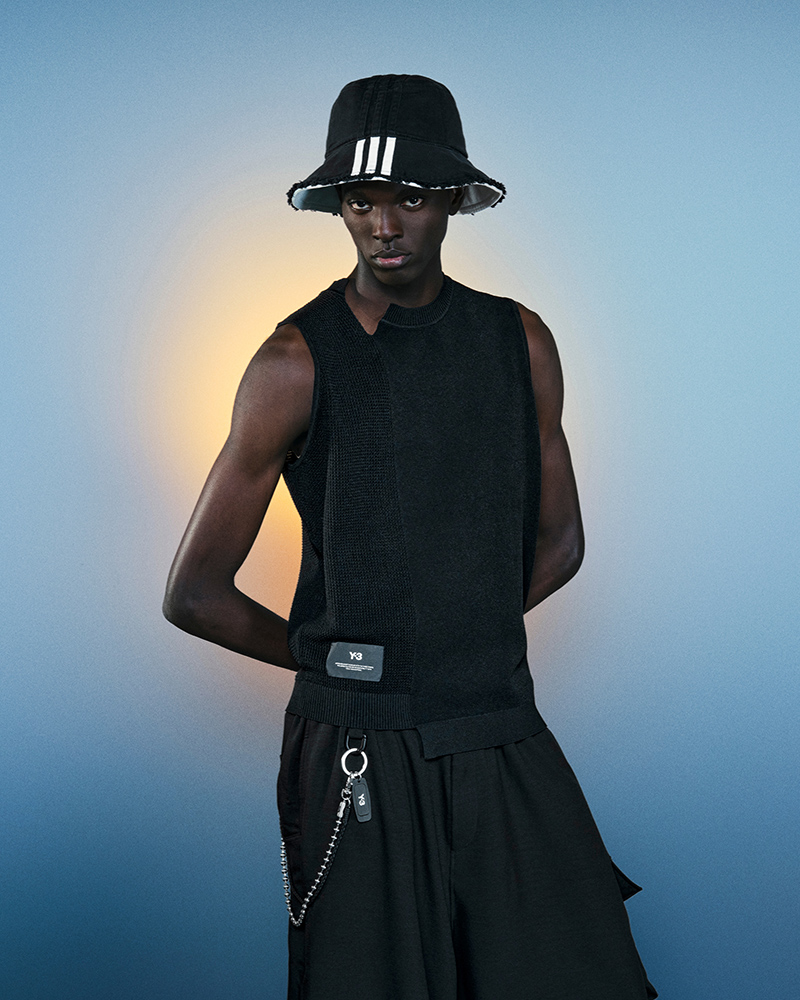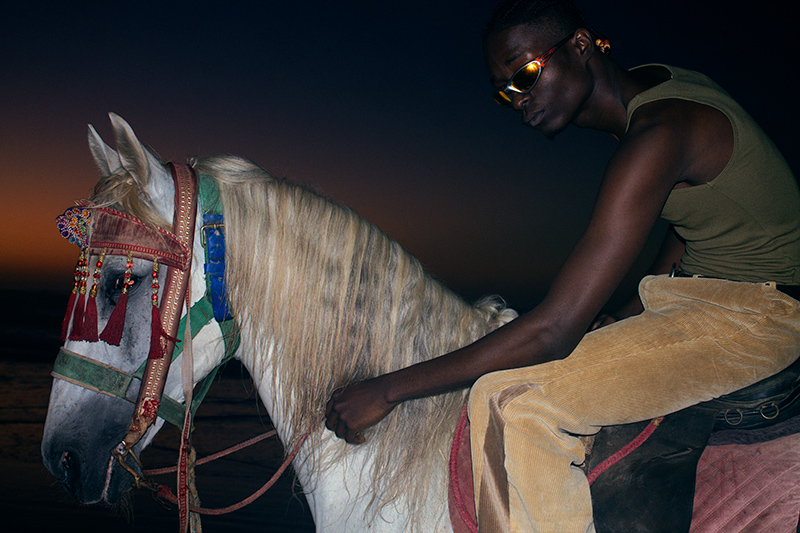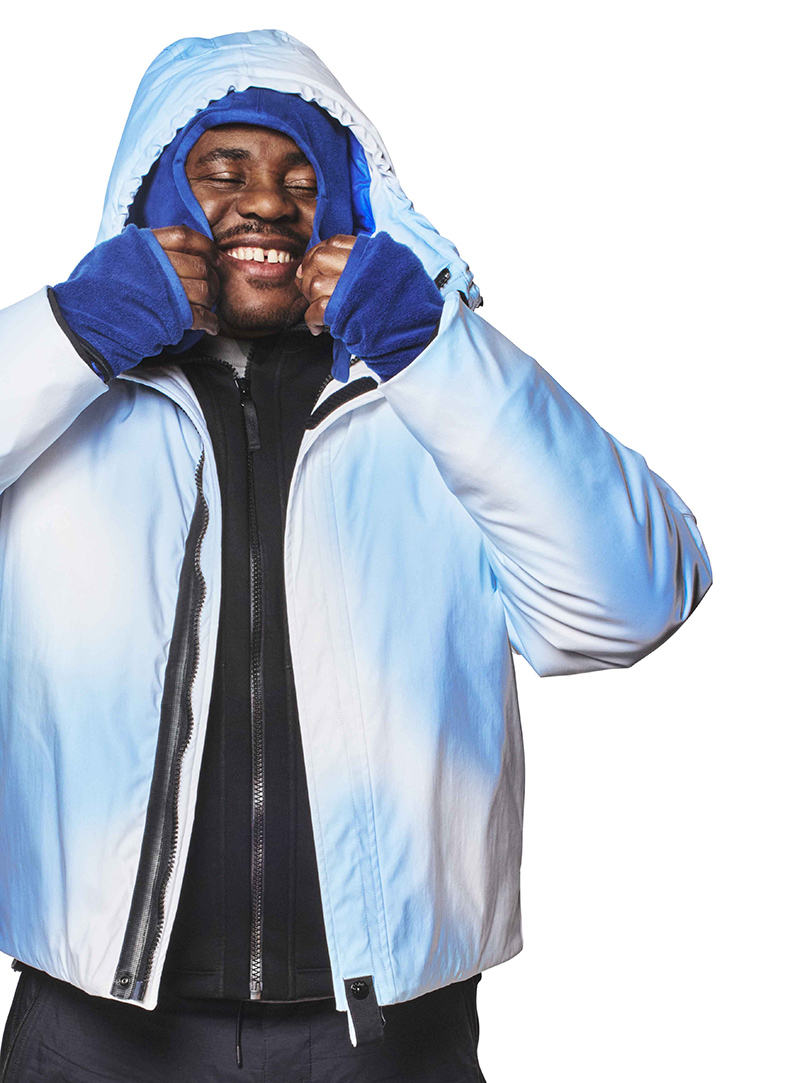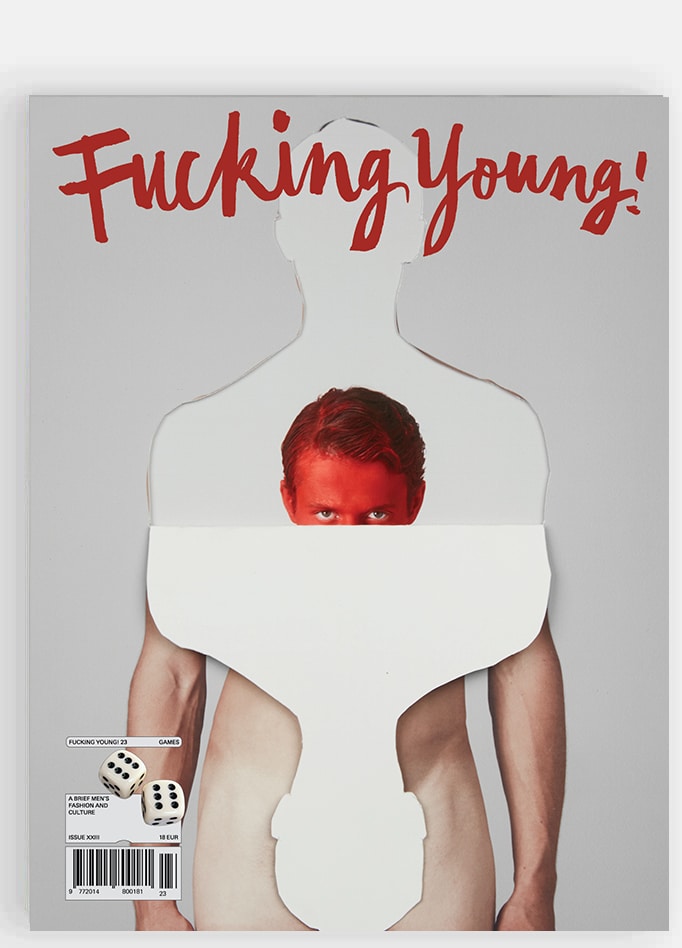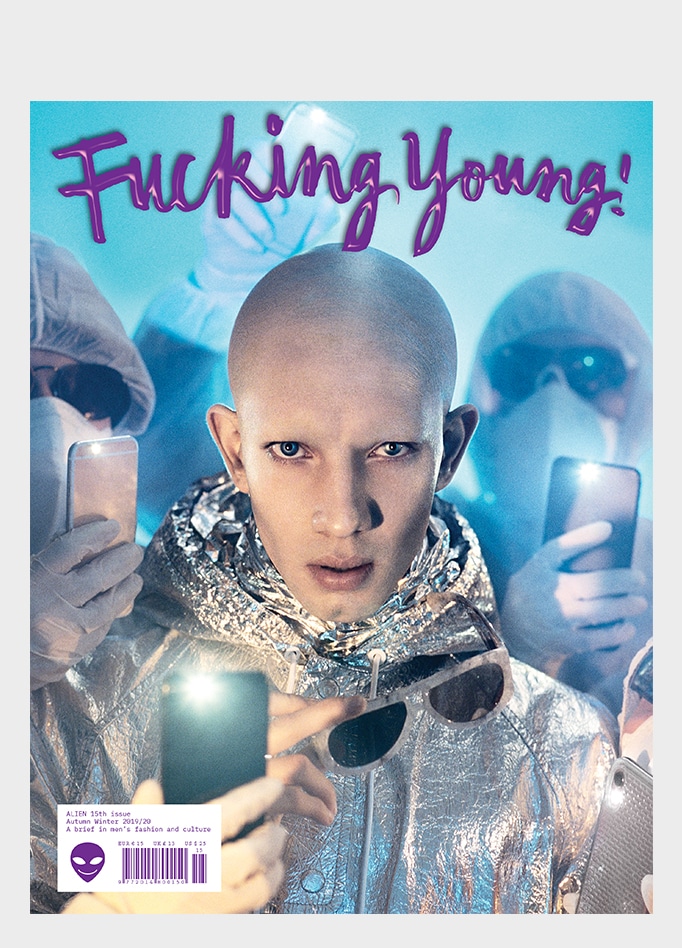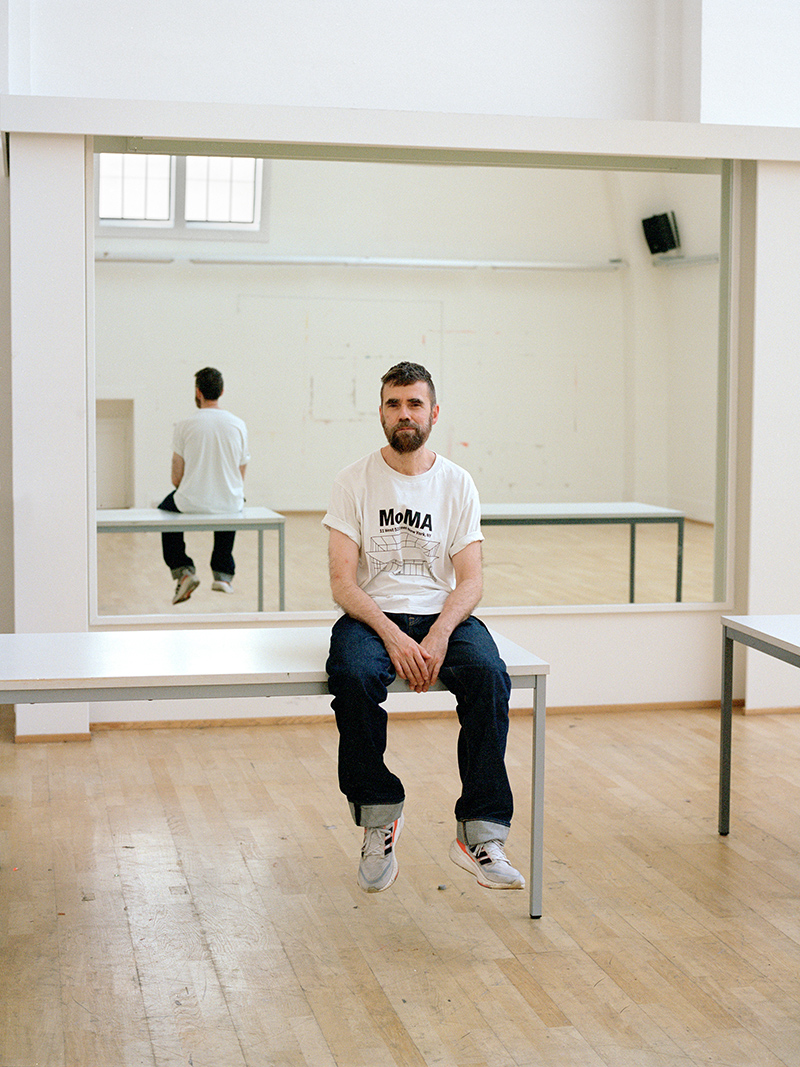
Since launching his eponymous Lutz Huelle label in Paris in 2000, the German-born designer has built a reputation for reshaping codes that capture a certain joy that celebrates the individual. He has a contagious enthusiasm along with a certain pragmatism that brings to his craft. Back in early 2021, I remember covering the new Digital Fashion Week. I don’t remember the 80+ videos I saw, except for Lutz Huelle’s, where he taught us how to make a no-sew shirt from the collection, recycling any old t-shirt we had at home. That meant a lot to me, and I’m sure to others too, that we were seen as people on the other side of the screen, people with interests, and with a bit of encouragement and validation from a designer, that we could tap into our own creativity and create a piece.
I headed down to HEAD Geneva, where Lutz is Head of the Fashion Department. After seeing the inspiring graduate show, under his direction, you can see how his leadership marks a turning point for the institution. For Huelle, teaching isn’t about reproducing his aesthetic but about sharpening each student’s point of view. He encourages them to be curious, aware of the world, and unafraid of complexity. In an industry where influence is often measured by celebrity and spectacle, Huelle’s impact is quieter but deeper. Following the show, I got a chance to ask him a few questions about his ever-expanding impact that is shaping the next wave of talent.
You have had such a successful career as a designer. What drew you to HEAD, and what do you find most rewarding about working with the students?
I’ve always worked in schools; I love them. I had a brilliant time at school myself. I was at Saint Martin’s a long time ago; it changed my life, such an incredible impact. I’ve always loved to teach, and to go back to school to have that kind of atmosphere. Fashion at HEAD is at its purest sense, where it’s without any commercial restrictions. It’s only about creativity, and it’s such an amazing possibility, in a way, of keeping that kind of freedom by going into school. During COVID, HEAD called me up and said, “You know, they’re searching for somebody at HEAD, would you be interested?”
I said I don’t have the time, because I couldn’t with all my work in Paris, and then they said I can always speak to the director and see what he proposes, and so I spoke to them. I was a little bit worried at first that I’ve taken on too much, but it’s actually incredibly nice because it’s a great counterpart to my work as a designer. It gets me out of Paris, it puts me back into a place where it’s still kind of innocent, creative, open, and free. It’s actually great to have both.
Going back to your days at Central Saint Martins, it’s great because you had a good experience. How do you think fashion education has evolved since your student days?
I think it has evolved incredibly, I mean, I can’t speak for experience now because I don’t go to Saint Martins anymore, but I think education in general has become much more expensive, and that’s complicated. When I studied twenty-five years ago, I paid 300 pounds because there was a European fund for European students. The fees were much lower, and I think if I wanted to go to St Martin’s now, I wouldn’t be able to financially. I don’t come from a kind of privileged background, so I wouldn’t be able to go basically. I think that completely changed; it affects a whole part of the population. I’m not talking just about England, but everywhere, really. Education has become so expensive that they are shutting students out. I think one of the most amazing things about HEAD is that it’s a public school. The school fees, I believe, are one thousand eight hundred francs, so we have the freedom to take on any student we want to take on based on creativity and potential, not financial means. That has changed; it is all about financial needs now. It’s pricing out the creative people who make up a certain part of the population.
The fashion industry has also changed a lot over the past decade with sustainability, digital innovation, and also threats like AI. What new skills or mindsets do you think graduates need in order to thrive today?
I think they still need the same skills that they needed 20 years ago. They need to have the capacity to work, because it’s a huge amount of work to do this; they need to have their own universe, and to push themselves creatively in the most extreme way possible. I think those needs haven’t changed from twenty years ago to today. However, AI is going to be used now. It will never replace that creative spark. I don’t see it as a threat, I see it as a means to do certain things quicker, but it will not take away the human smart intuition.
Maybe the threat is laziness or not allowing themselves to have the greater potential.
I think anybody who has that intuition or spark is willing to work for it, because some people won’t put in the work, and it’s needed. Fashion is not just one thing, but I do think with everything that’s happening digitally, it can’t replace pure talent or the risks in presentations, so I’m actually not that worried.
As a designer, how do you balance encouraging the students’ creativity with preparing them for the realities of the industry?
I tell them about the industry, about what is out there, and I tell them that the more extreme they are, the more they have to be secure in what they’re doing. They have to be able to talk about their work; you can’t just be extreme and not be able to talk about it. You need to explain if you are extreme and be sure of the fact that the more extreme your work, the bigger the challenge of finding a job. There is a reality out there that you can’t ignore. They need to be conscious of consequences. If somebody wants to be really crazy and creative and do their own thing, it’s amazing, and how great brands are born, but it also carries great risks. I don’t want somebody to go out there and just spend money they don’t have on launching a brand that is going to look incredible to the press for three seasons and then go broke. I’ve seen that so many times.
I’ve seen it, and we all have.
That is something I really want everyone to avoid. I just had to be honest.
And when you meet a student, or you see the portfolio, what are the signs that they have potential?
You just see it, it’s difficult to describe. You just see if somebody has talent, if there’s something there, you can see it in three minutes. There’s just something that puts them apart. And, sometimes you can see potential that maybe other people won’t see, that is hidden. It’s not necessarily somebody who can draw really well, although that helps obviously, but it’s just something that’s indescribable.
Looking ahead, what kind of fashion voices do you hope to see coming out of HEAD in the next couple of years?
People who are going to take into account all the challenges we face today, the social challenges, whatever is happening in the world right now. From racism, misogyny, and anti-trans. All these horrible things are happening, but I want our students to do is carry values that are human.
Finally, what advice would you give to young designers hoping to carve their own path in the industry?
I would say you have to be conscious of reality. You have to know that money goes away in 3 seconds. You need to be able to sustain yourself financially one way or another if you want to be your own brand. You need to know where the money comes from, not only for 6 months, but for two years, three years. It’s brilliant to have ideas and to want to go out there and do things, but you need to be conscious. I don’t want people to fall into a hole because they didn’t know. I would rather see somebody go and work for a brand instead of pushing them to have their own, but if they want to, I’ll be there too.
Check out Behind the Scenes at HEAD Fashion Show 2025 captured by Raphael Lugassy:
